George Edward Bussell ’51
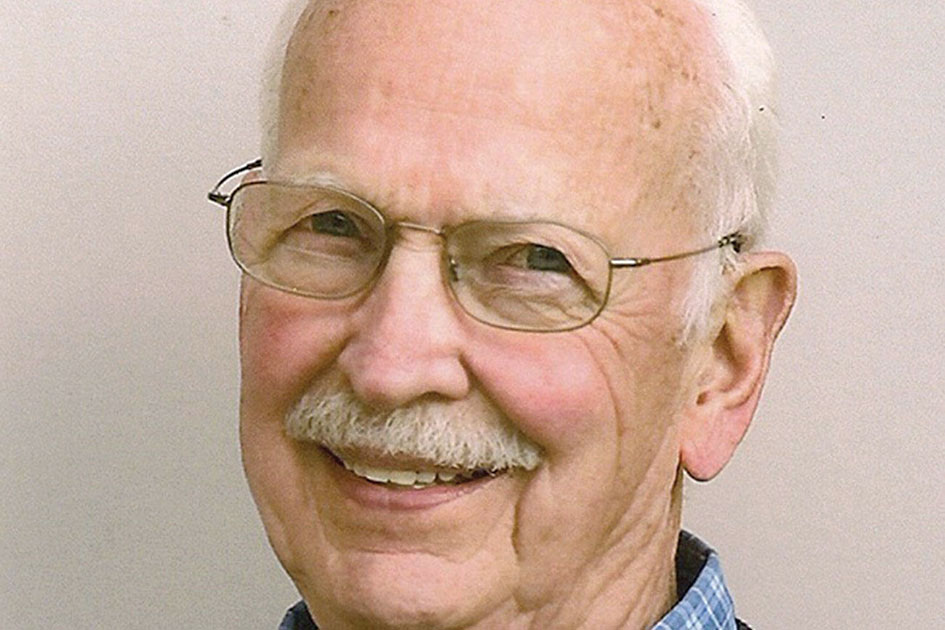
March 7, 2018, on Bainbridge Island, Washington.
Born in Tacoma, Washington, George was raised in Everett, where he graduated from Everett High School. Showing an early interest in science, he made toy soldiers by pouring molten lead into molds and playing with liquid mercury in his parents’ basement. After his senior year, he worked on a tugboat, earning enough to pay for his first year at Reed.
George and some buddies were on their way to check out the University of Oregon when somebody told them about Reed. Late that summer, he toured a virtually empty campus, and in Eliot Hall, they encountered Prof. Adolph Bittner [mathematics 1943–49], who was also the director of admission. He invited George to take an admission test, and two weeks later George started classes at Reed. It was harder than he imagined, and he was often up late at night studying. During aclass with Prof. A.A. Knowlton [physics 1915–48], George dozed off during the lecture. “I woke up suddenly as he threw a piece of chalk and it bounced off my head,” George recalled. “Knowlton said, ‘You don’t go to sleep in my class.’”
He lived in Winch, where 12 people were served by one bathroom and a shower.
“The plumbing was such that if someone was in the shower and you were going to flush the toilet, you had to yell, ‘Fire!’ because the toilet flushing consumed all the cold water and the person would be standing in hot water,” he remembered.
In the spring of ’46, he was drafted, and he served in the U.S. Army Air Corps as a chaplain’s assistant at Geiger Field in Spokane. He was strongly affected by the segregation of black and white soldiers, which came to an end a year after his service by an executive order from President Truman. That year of service made George eligible for the GI Bill, allowing him to finish his education at Reed.
“The GI Bill was one of the greatest things that ever happened to the United States,” George said. “It got students into college that might never have even dreamt of doing it before. It was quite a different atmosphere. There were more mature students who had been in the army quite a while, and done a lot of reading and so forth, and it changed the atmosphere a great deal. They were earnest.”
Back at Reed, he fell in love with academics, and developed an intellectual curiosity fostered by the research he was doing as well as his thesis. His senior year, he took a class in radioactive materials, taught by Prof. Arthur Scott [chemistry 1923-79].
“It was the first class in studying radioactive materials using Geiger counters and so forth,” George explained. “It was really quite primitive, long before Reed had a reactor there or anything like that. The only shielding we had were some lead bricks around it, and you looked down into it, and tested it and so forth. It was amazing—we were exploring a new world.”
He wrote his thesis, “Further Investigation of the Von Richter Reaction,” with Prof. Josef F. Bunnett [chemistry 1946–52] advising. During that year, he became nervous about delivering an exploratory speech in senior seminar, and decided if he memorized the first few sentences, the rest would flow naturally. The day of the speech came and with his friends in the first row gently heckling him, George began with the first few sentences; the rest of the speech flowed easily. When he finished, Prof. Fred Ayres [chemistry 1940–70] approached him and said, “Have you ever considered going into teaching, George?”
After graduating from Reed, George obtained a teaching credential from the University of Washington and accepted a teaching job at tiny South Bend High School in Washington, where he taught chemistry, math, and physics and drove the school bus. On a blind date back in Everett, he met Delores Ringman, whom he married in 1954. After the birth of their first son, Michael, they moved to Mercer Island. A couple of years into teaching at the Mercer Island high school, George was one of 50 high school teachers from across the country to receive a National Science Foundation fellowship to support graduate study at Oregon State College (now University) that culminated in a master’s degree in chemistry.
The family returned to Mercer Island, where their children Mark and Karen were born, and George moved into administration as vice-principal of the high school. He started a doctoral program at Columbia University in 1967. Two years later, the family moved to Bainbridge Island, Washington, where George became principal of the high school. He was a true believer in public education and that it should open doors for students of all backgrounds. He finished his dissertation and received his doctorate of education from Columbia.
In 1981, George began working in in hospital administration at Virginia Mason Hospital in Seattle, retiring in 1990. In retirement, George and Delores, enjoyed traveling to Europe, gardening, volunteering and spending time with family and friends. Retirement also brought more time to pursue interests in coin and stamp collecting and writing and painting classes. George loved living on Bainbridge Island and served one term as President of the Bainbridge Island Historical Museum. He is survived by his wife Delores, and his three children, Mike, Karen, and Mark Bussell ’83.
Appeared in Reed magazine: September 2018
comments powered by DisqusFrom the Archives: The Lives they Led
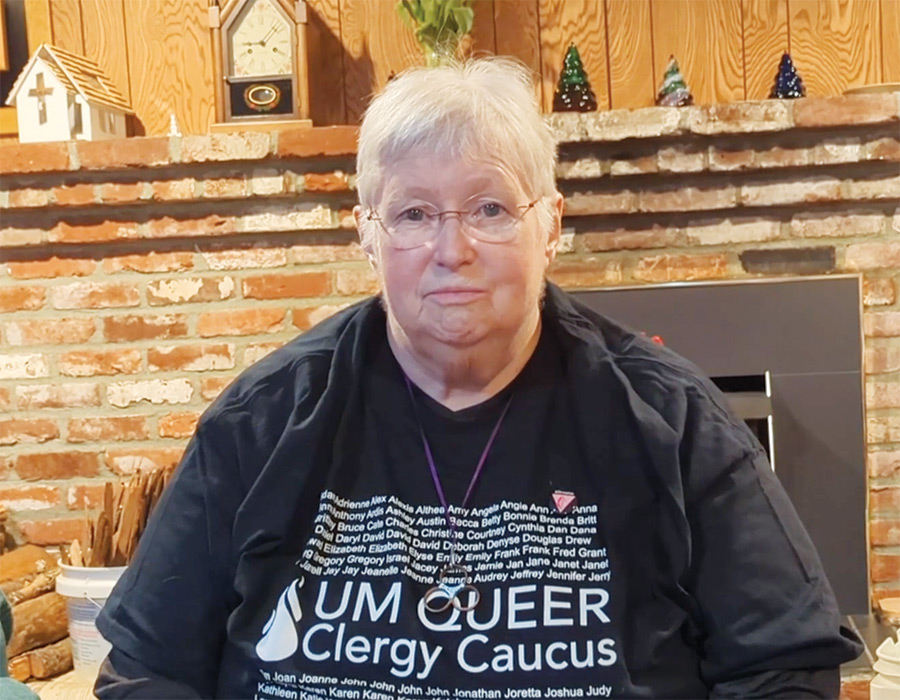
Jeanne Knepper ’69
The First Openly Gay Woman to Be Ordained and Appointed Within the Oregon-Idaho Conference of the United Methodist Church
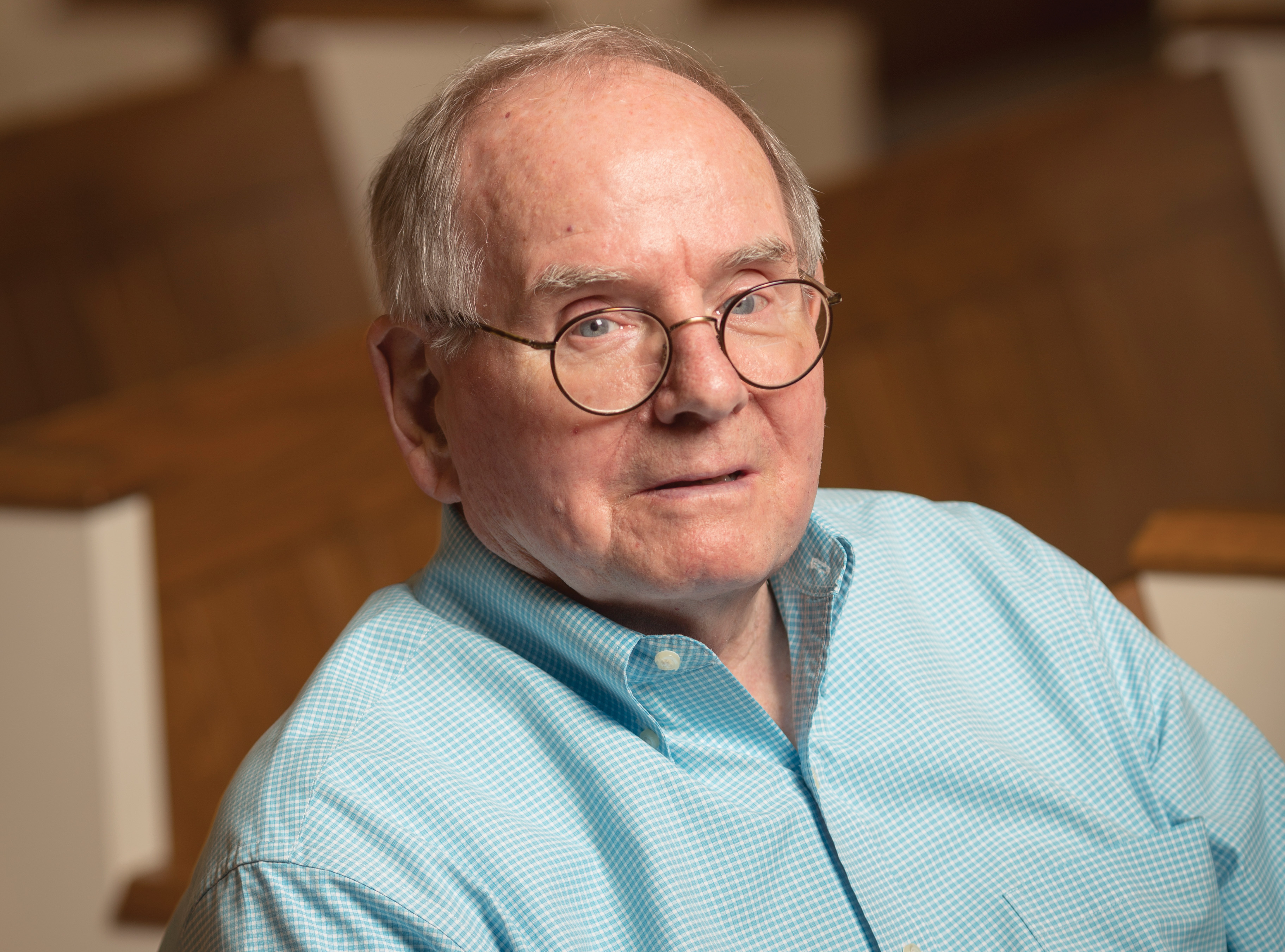
William Haden
As Acting President of Reed, He Strengthened the College's Finances and Alumni Relations
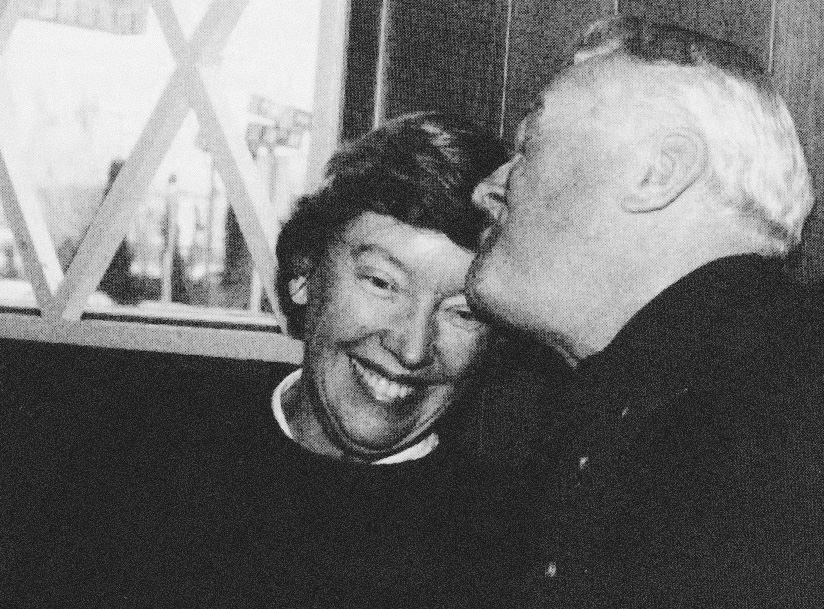
Nancy Horton Bragdon
Reed’s First Lady Whose Warmth and Leadership Were Invaluable During a Turbulent Time

![Photo of Larry Church [chemistry ’73–80]](https://www.reed.edu/reed-magazine/in-memoriam/assets/images/Larry-Church.jpg)
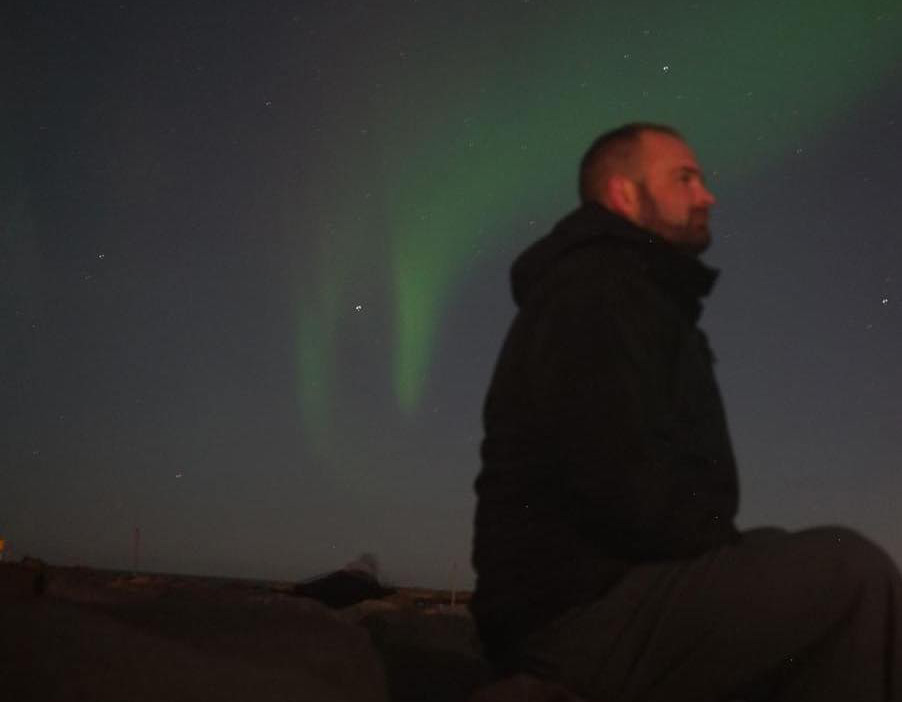
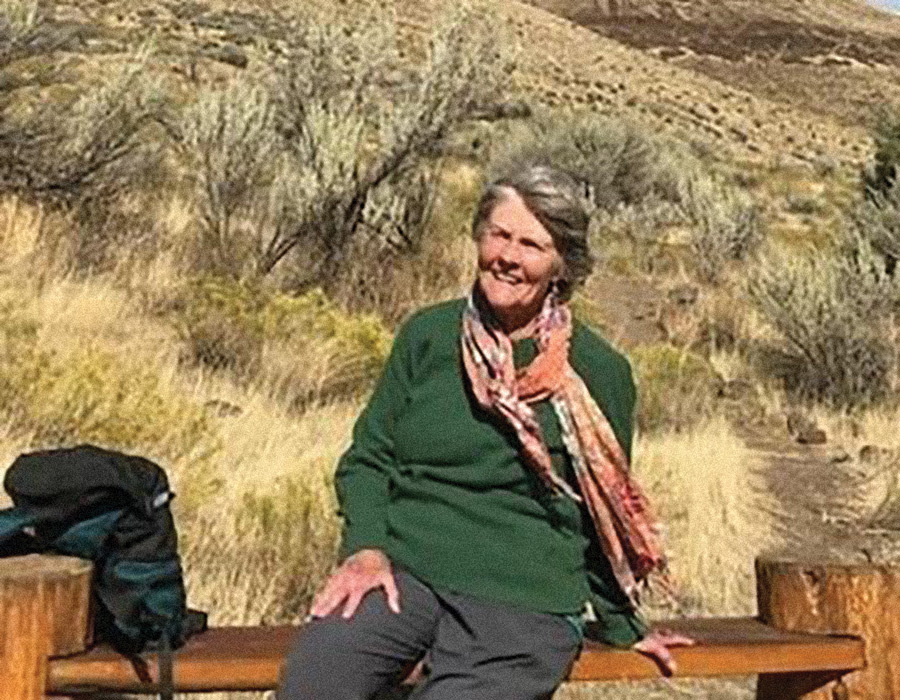
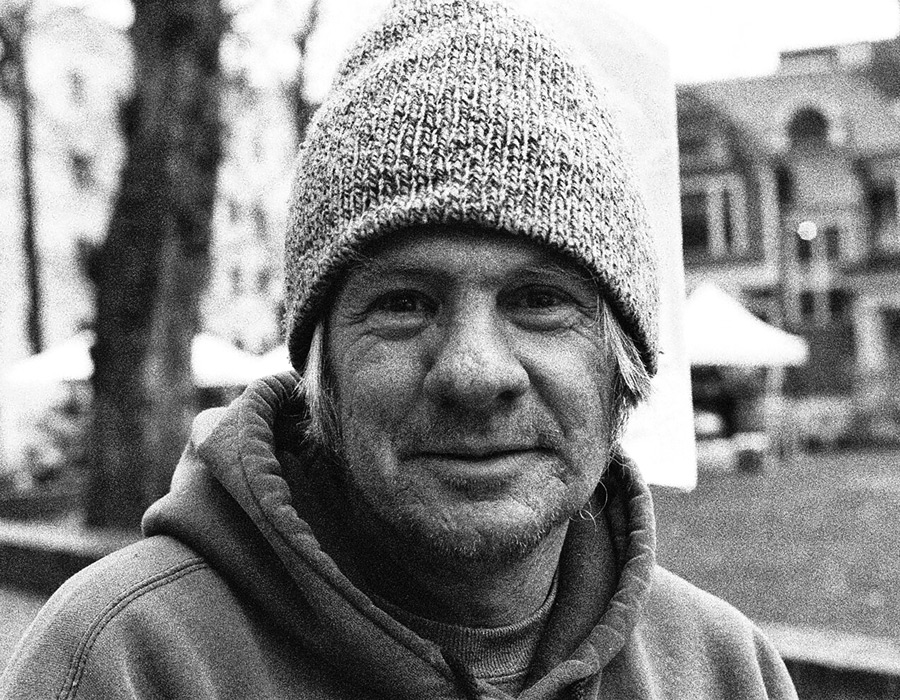
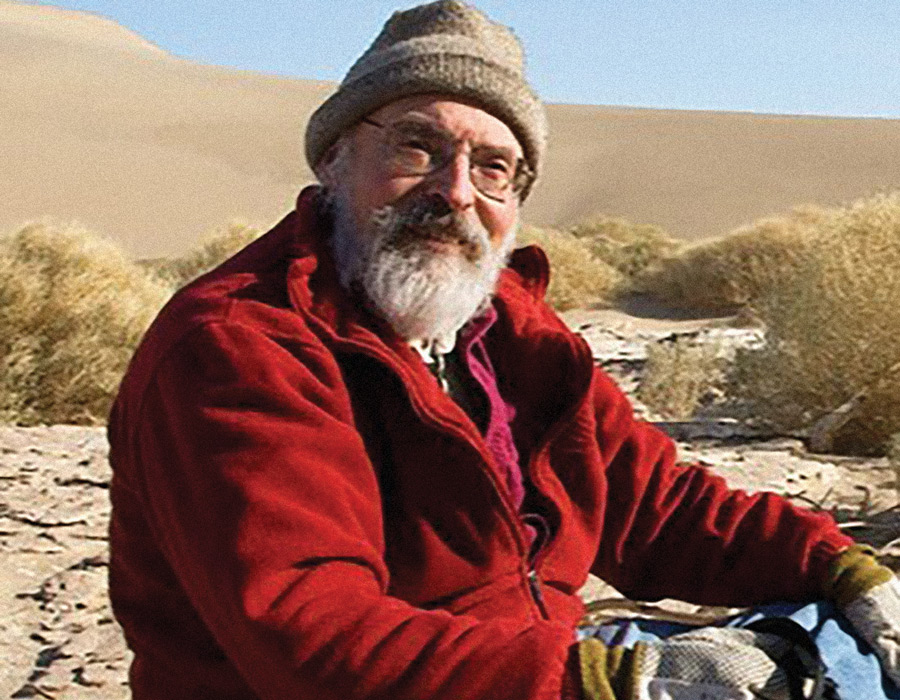
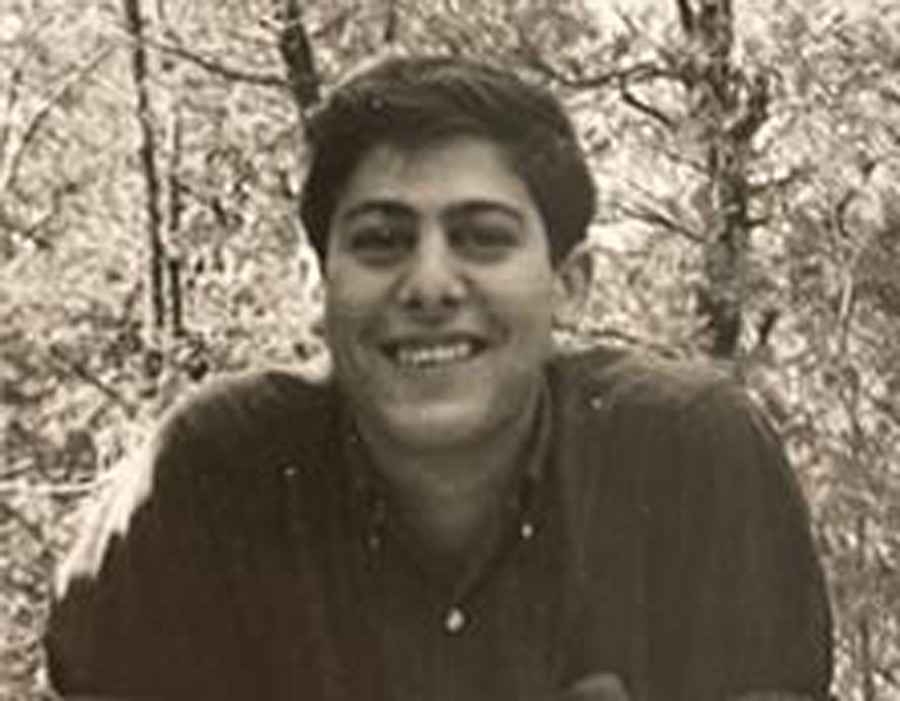
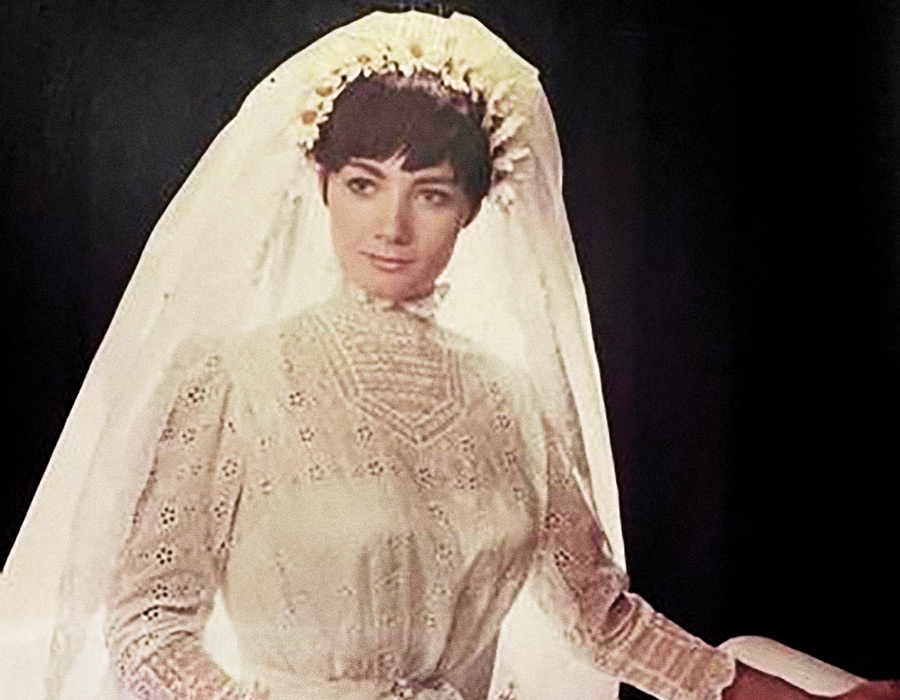
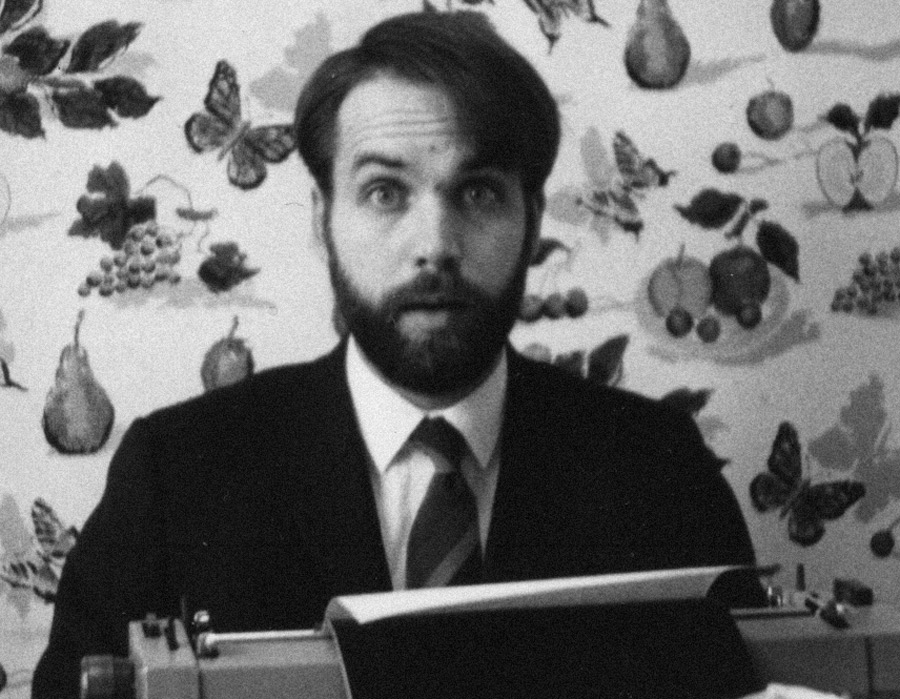
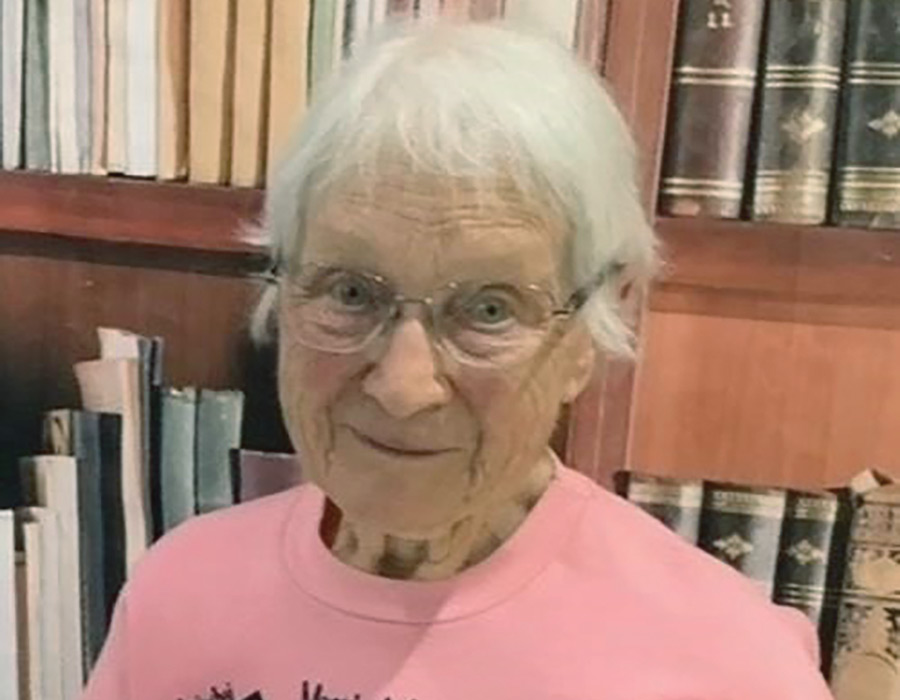
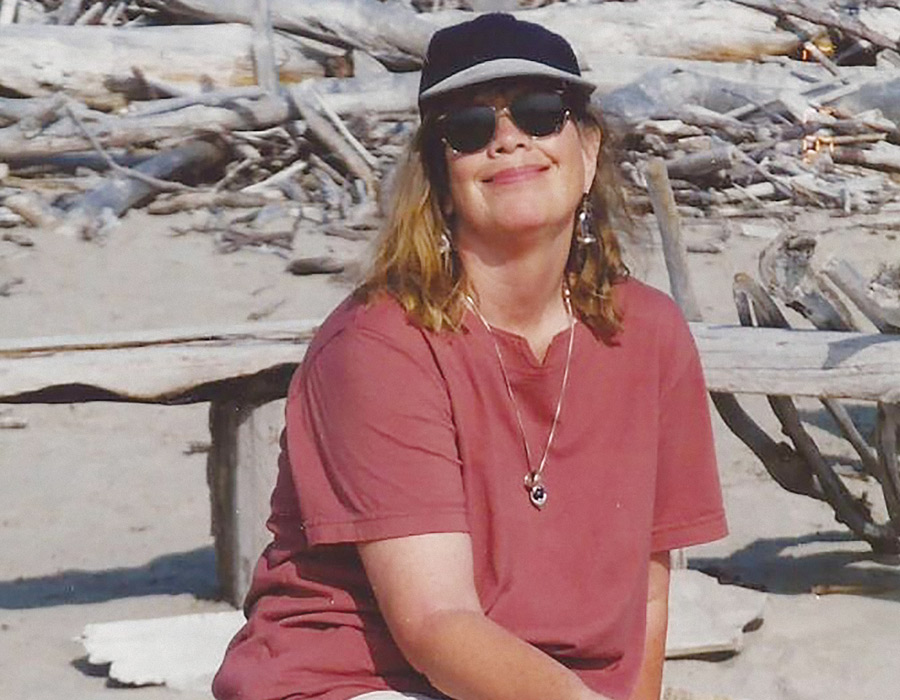
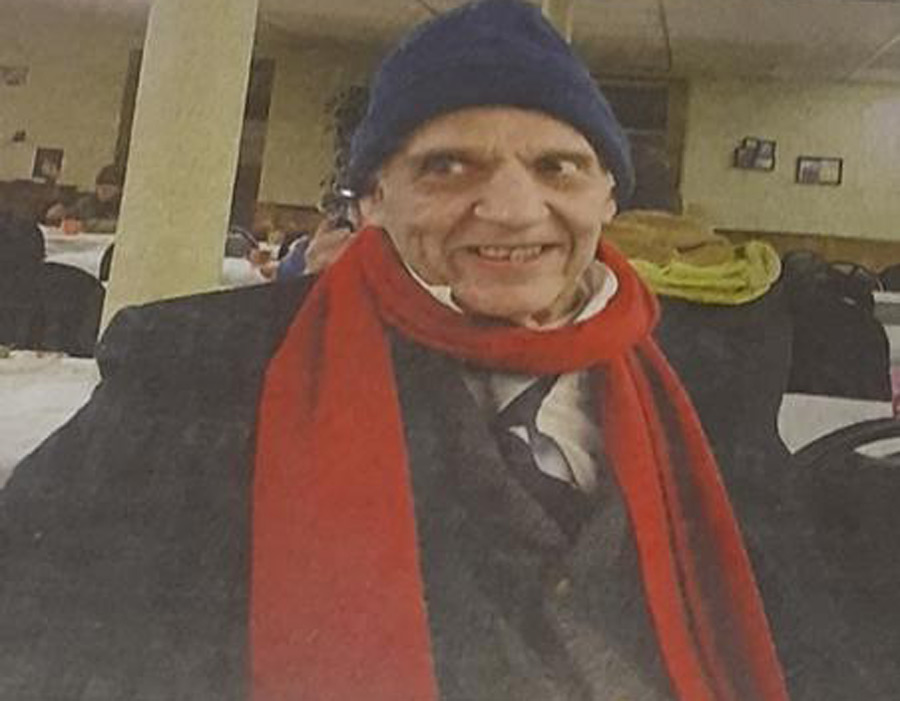
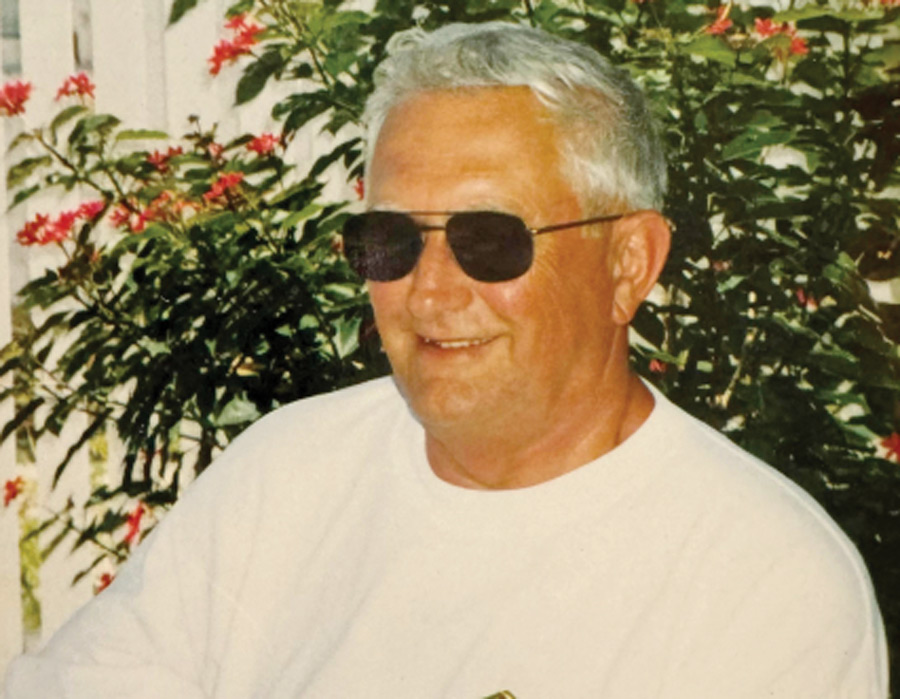
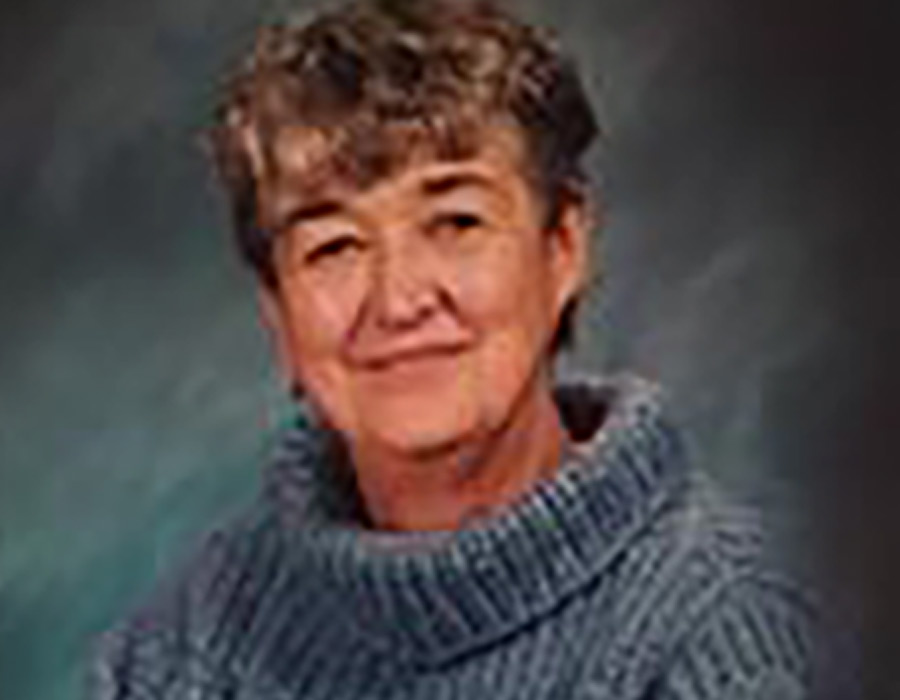
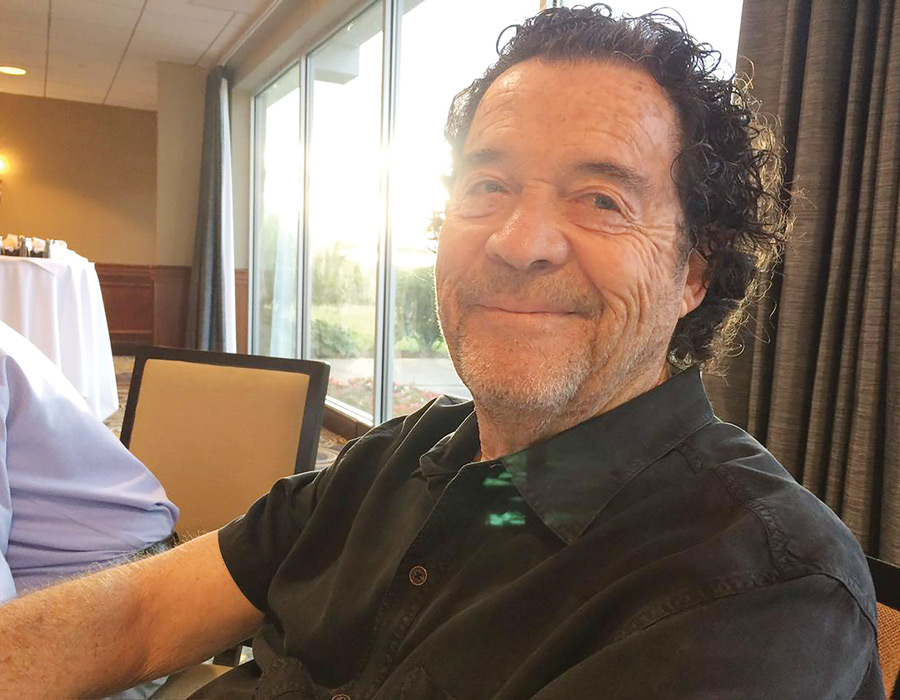
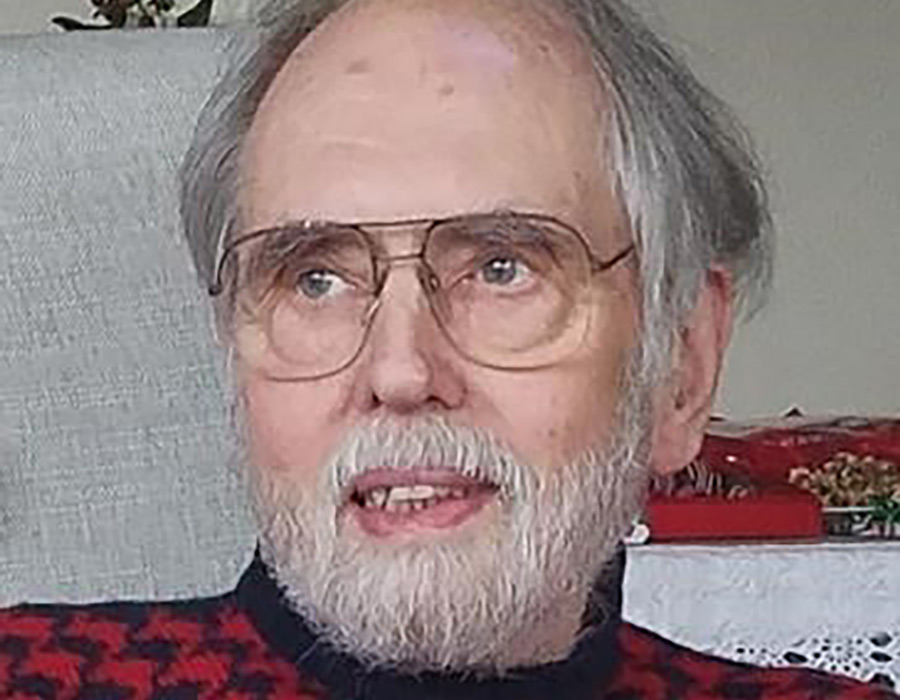
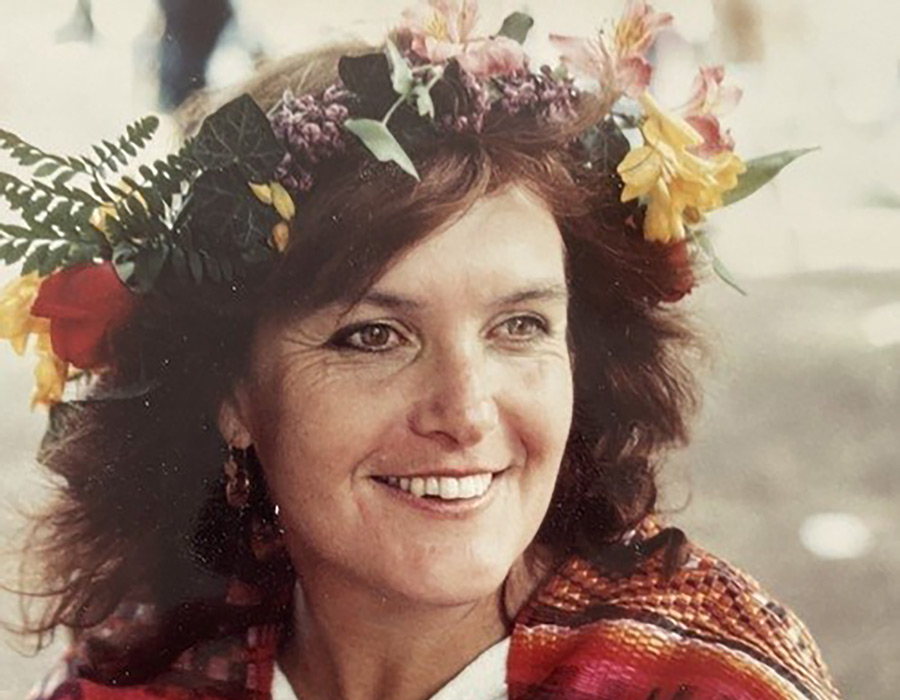
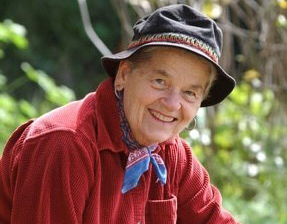
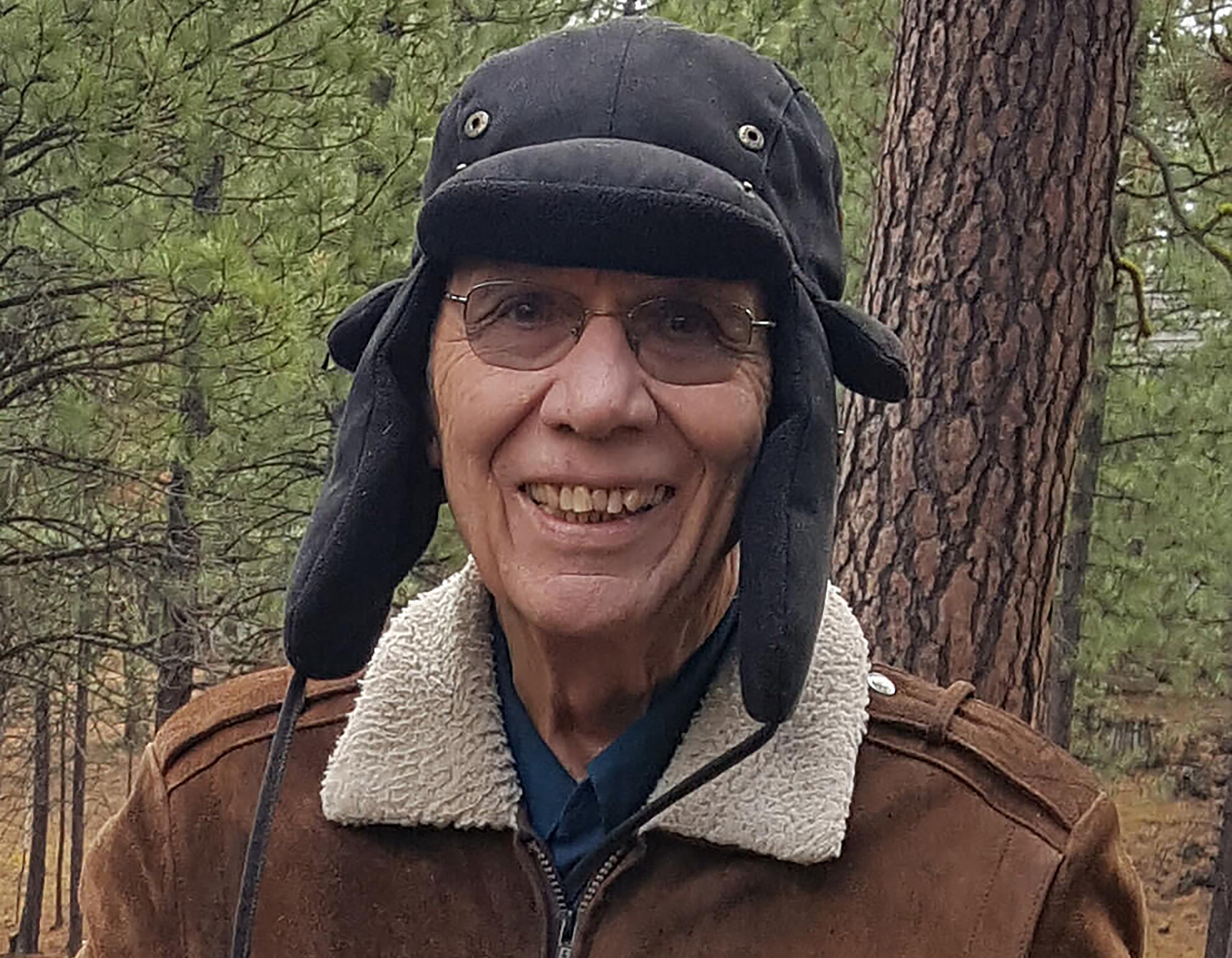
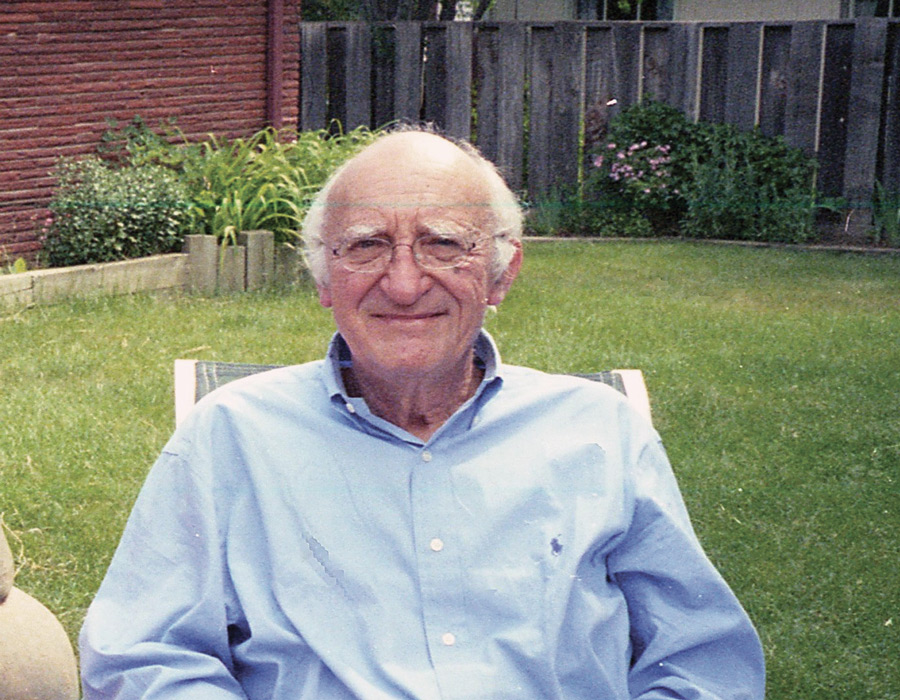
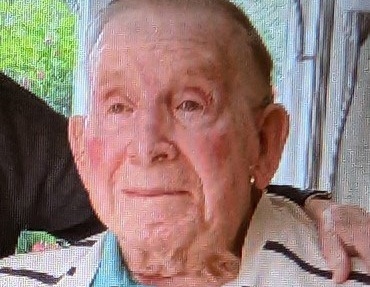
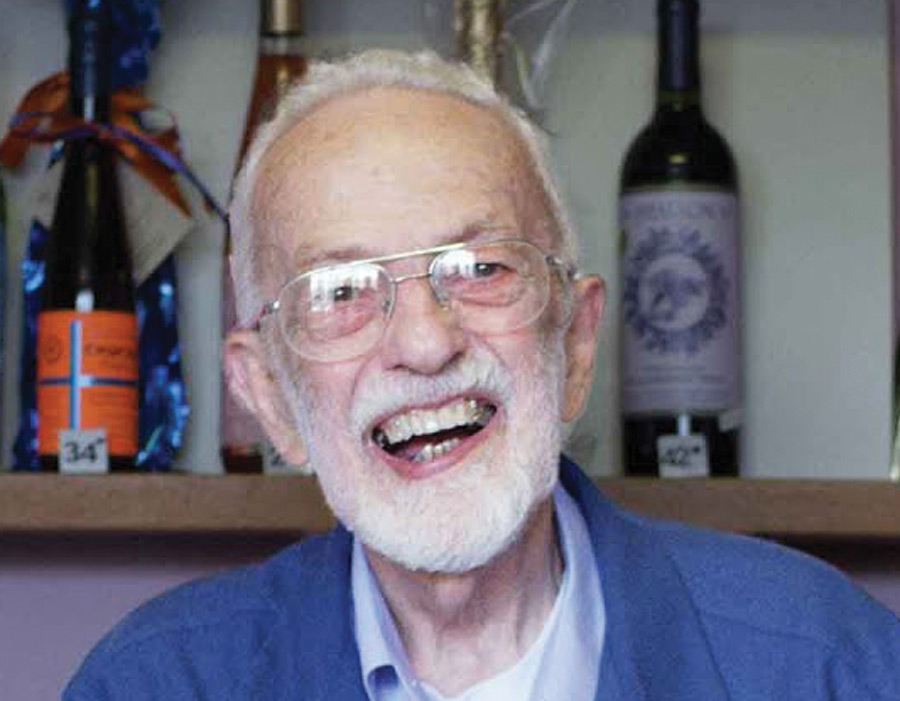
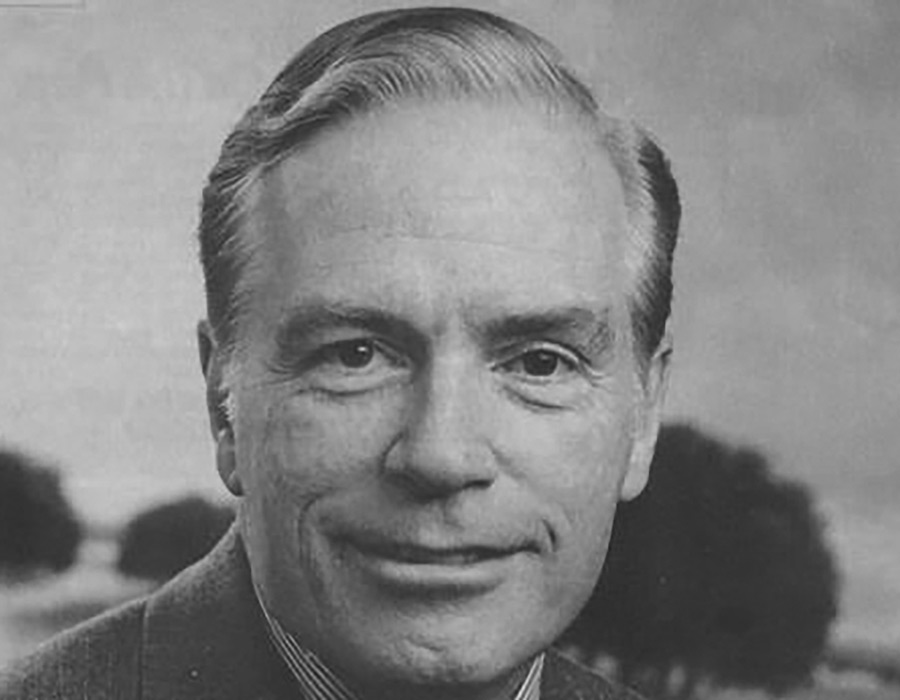
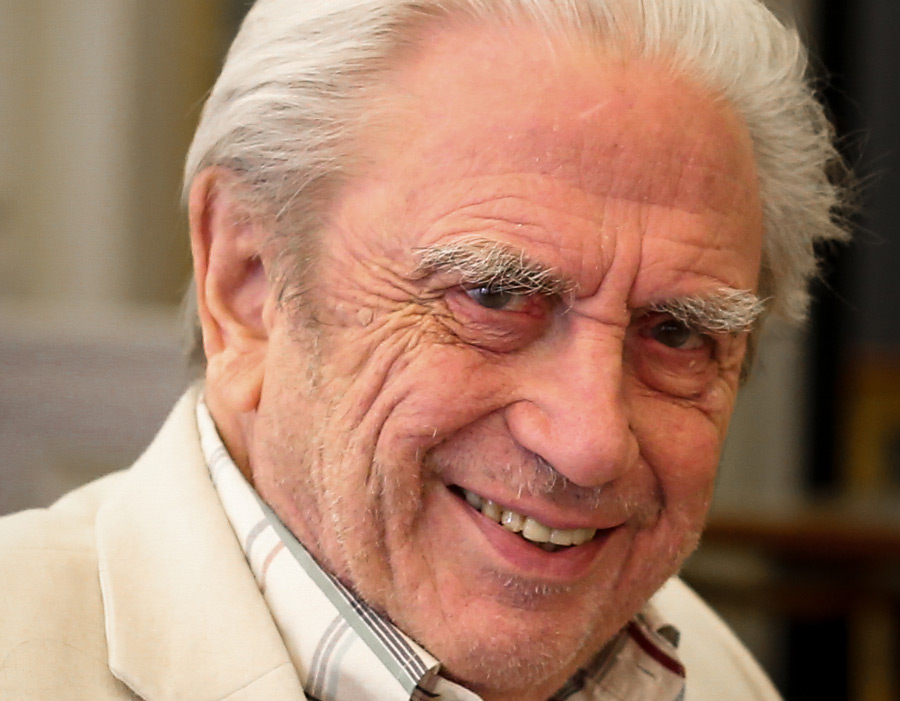
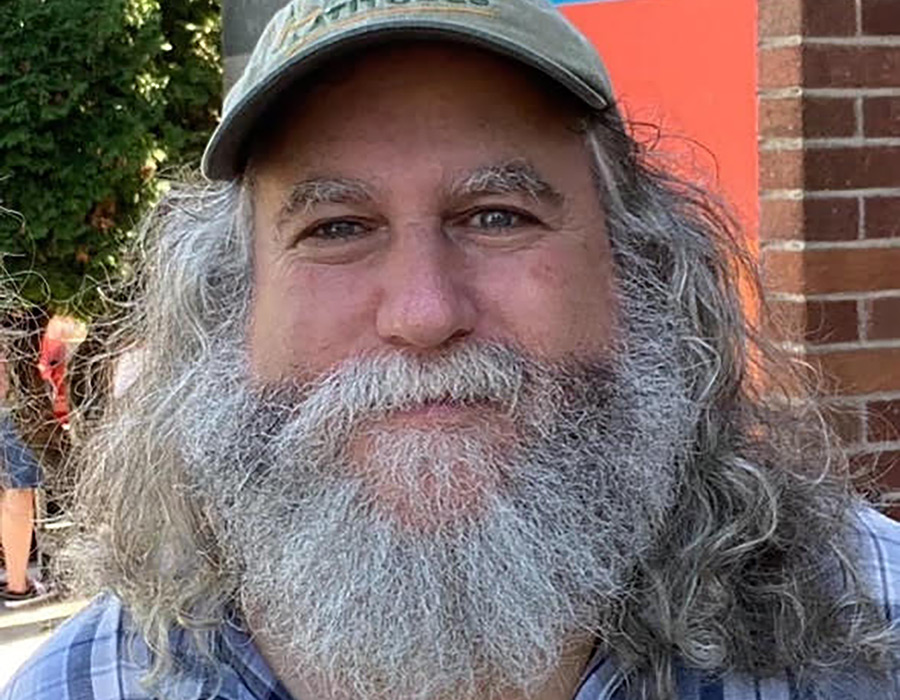
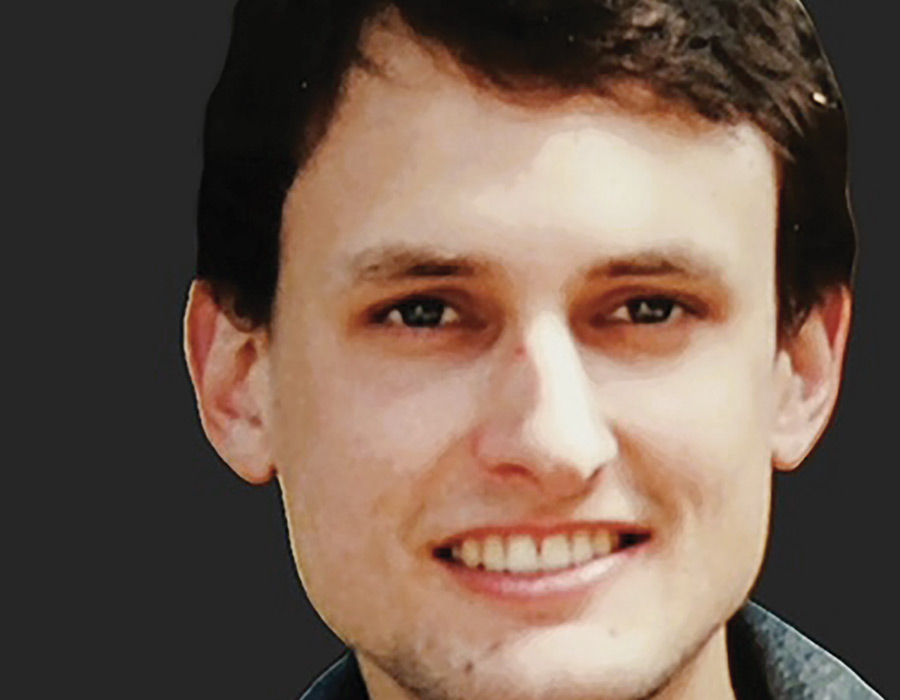
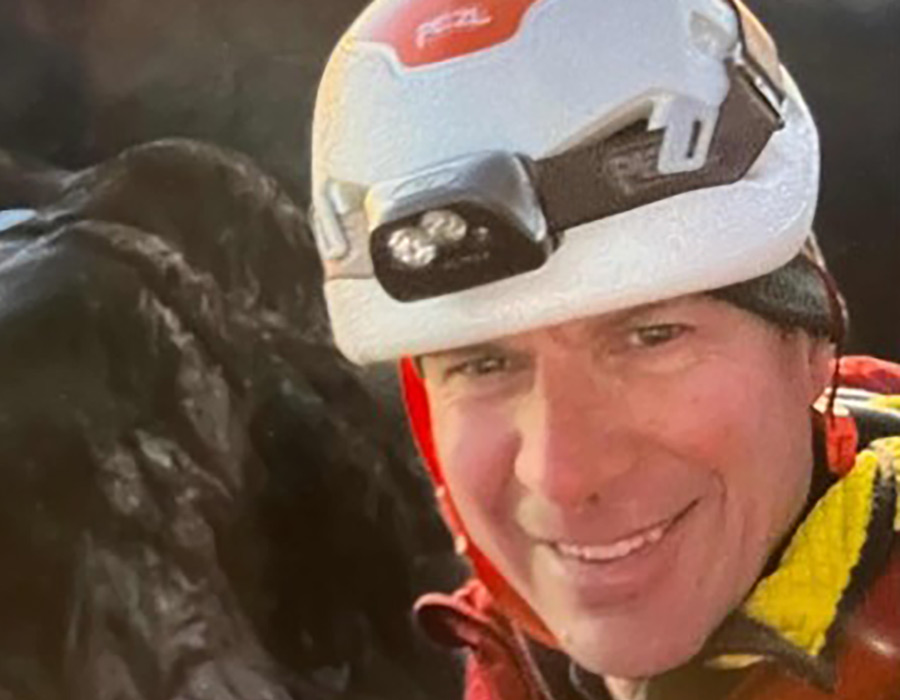
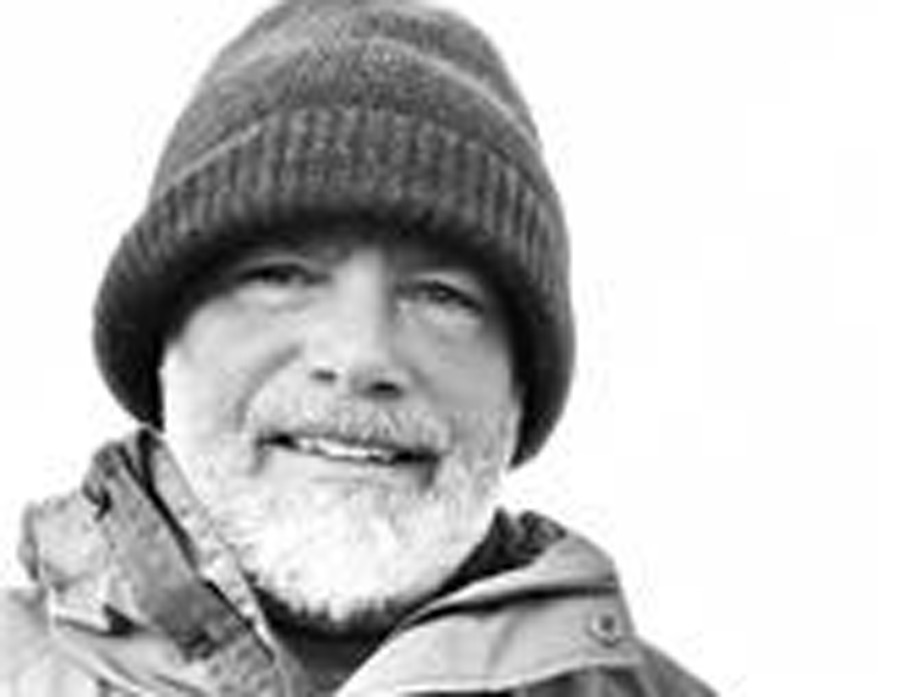
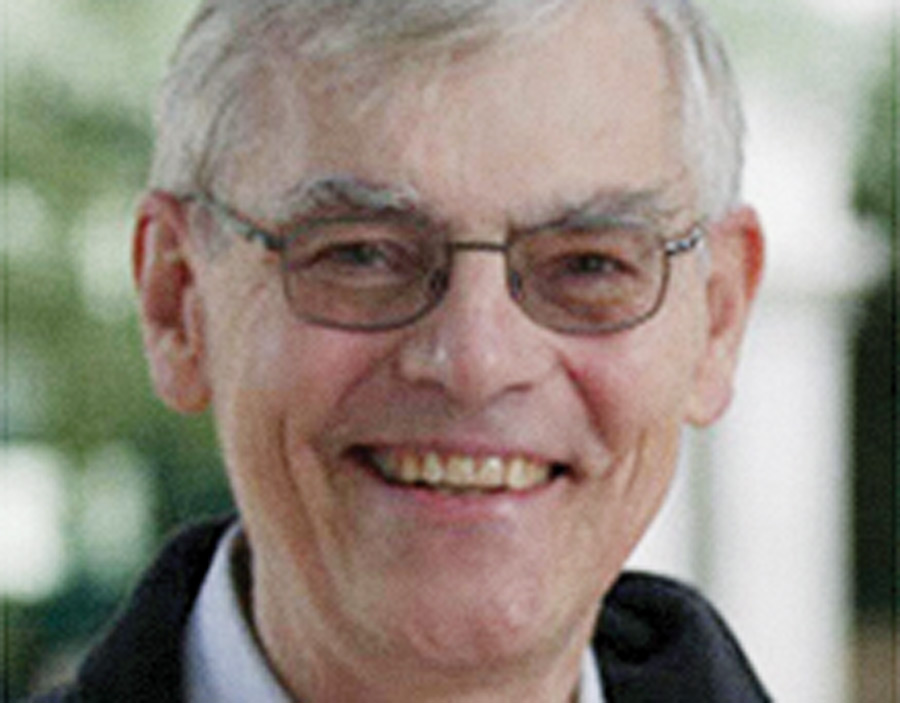
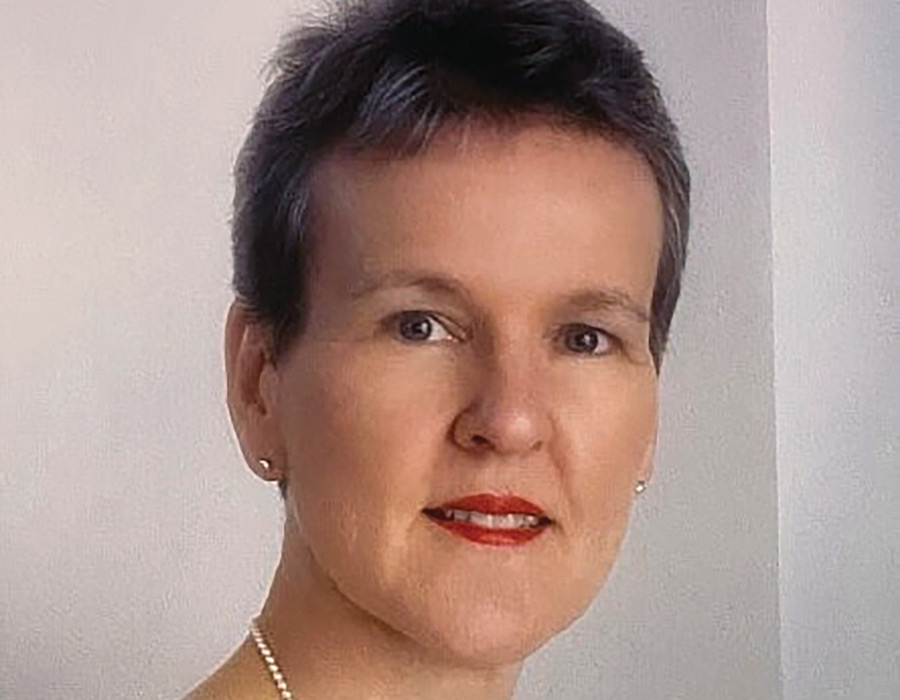
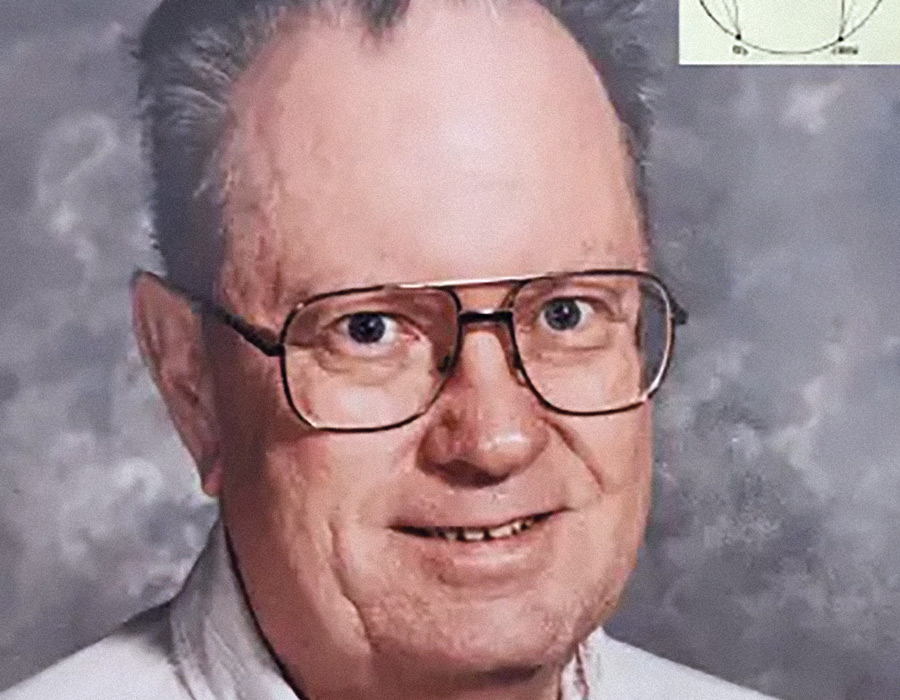
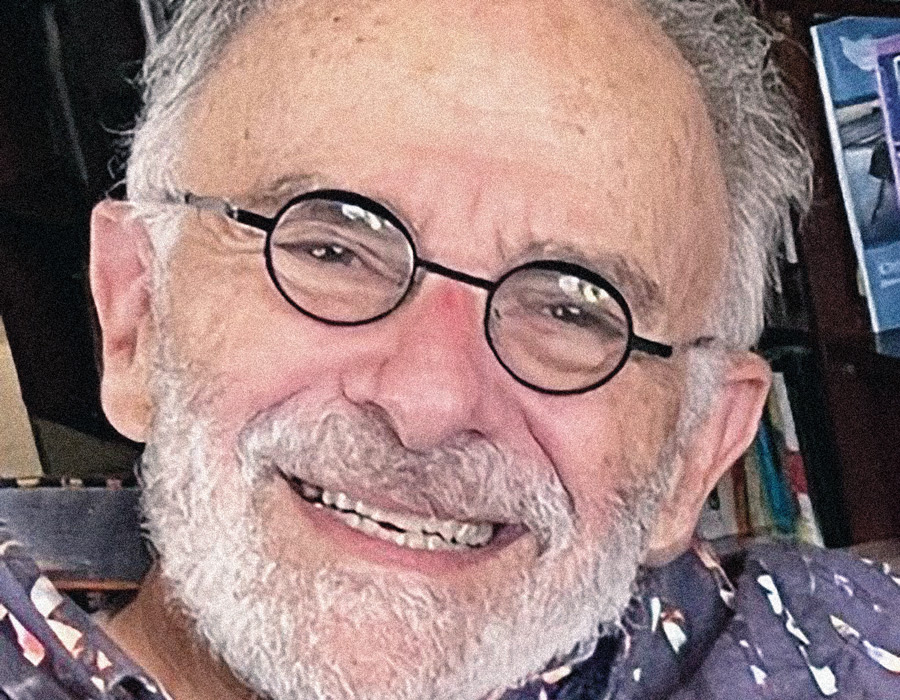
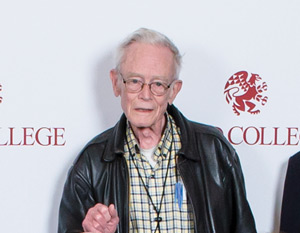
![Photo of Prof. Laurens Ruben [biology 1955–92]](https://www.reed.edu/reed-magazine/in-memoriam/assets/images/Larry-Ruben-copy.jpg)
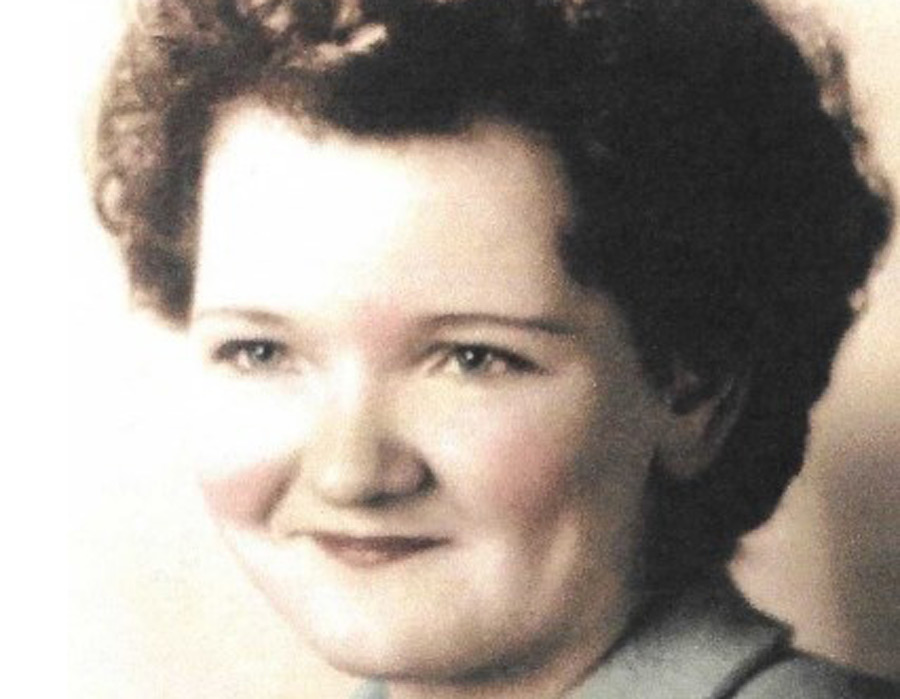
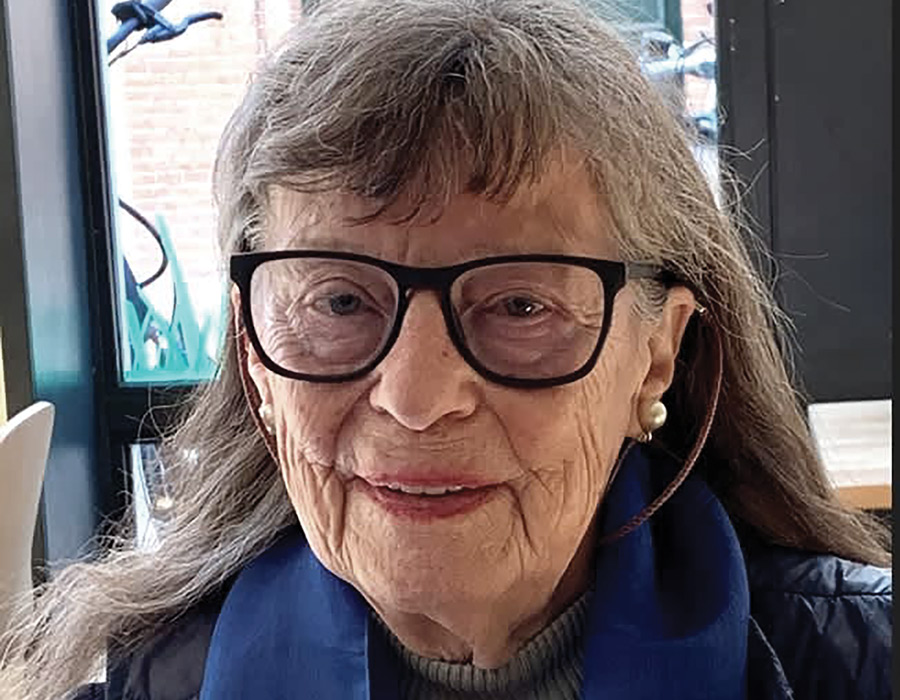
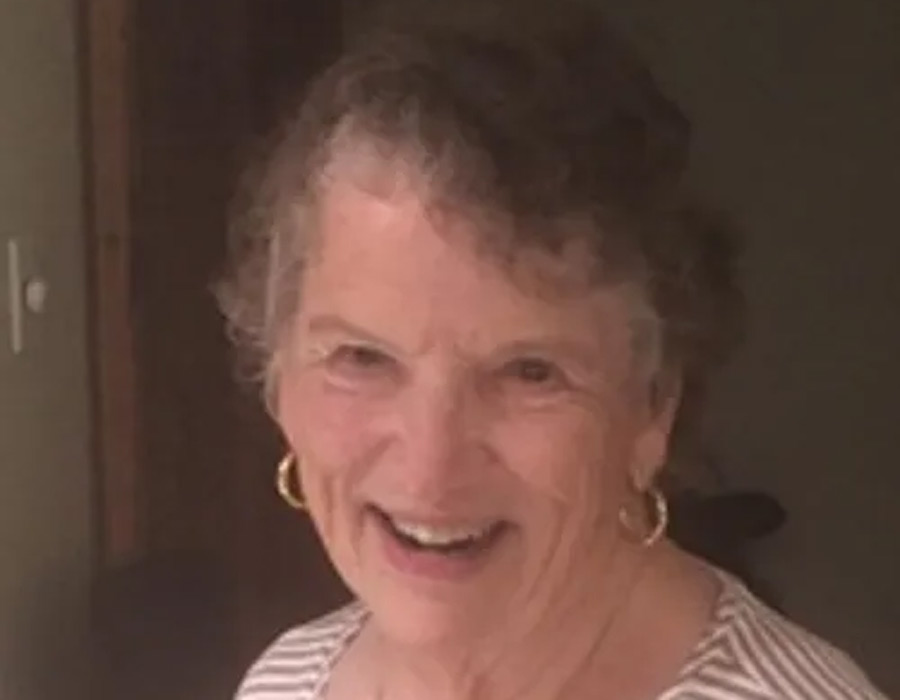
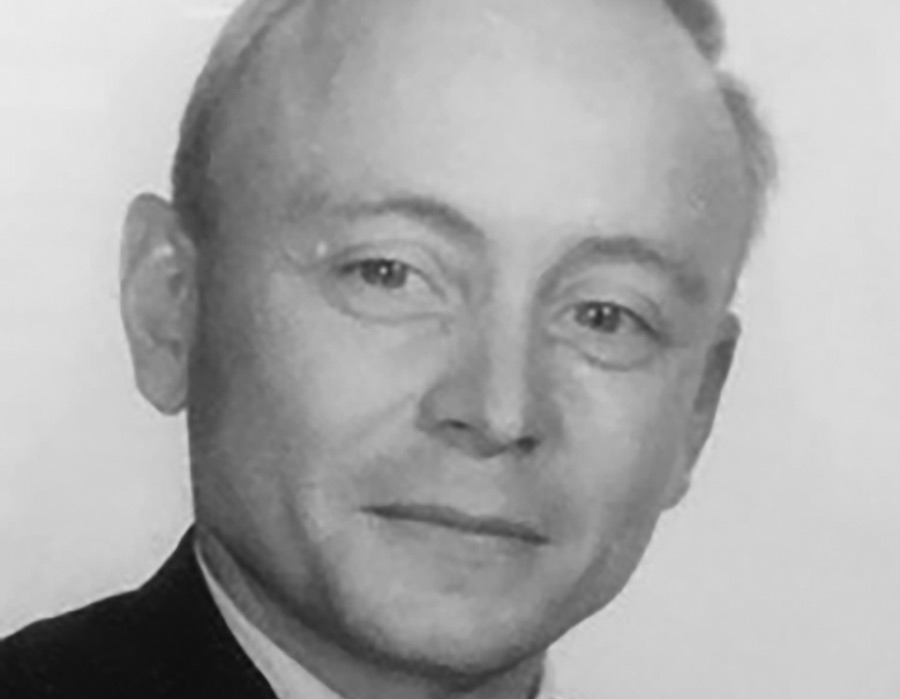
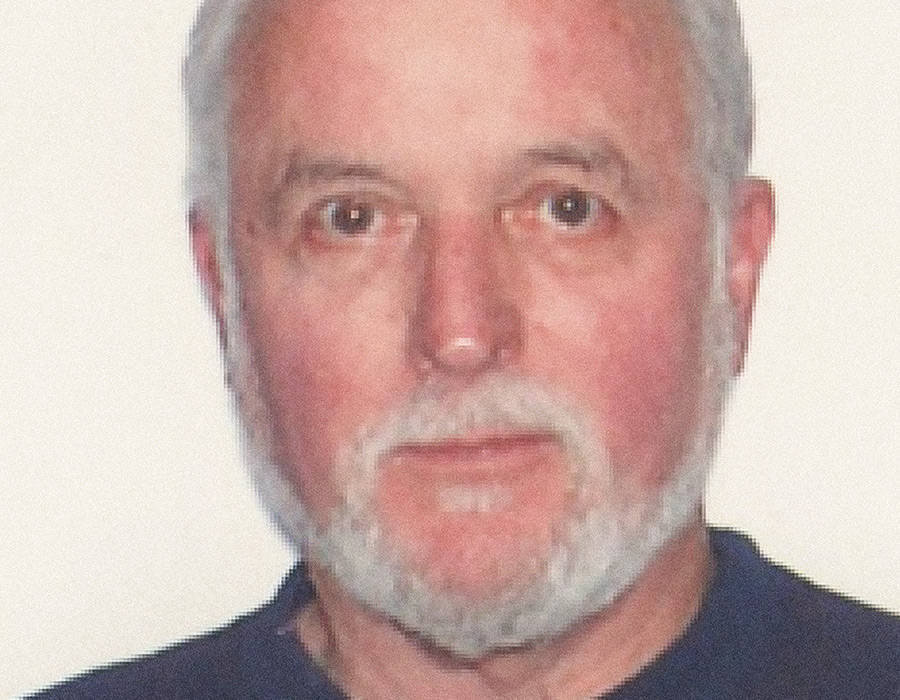
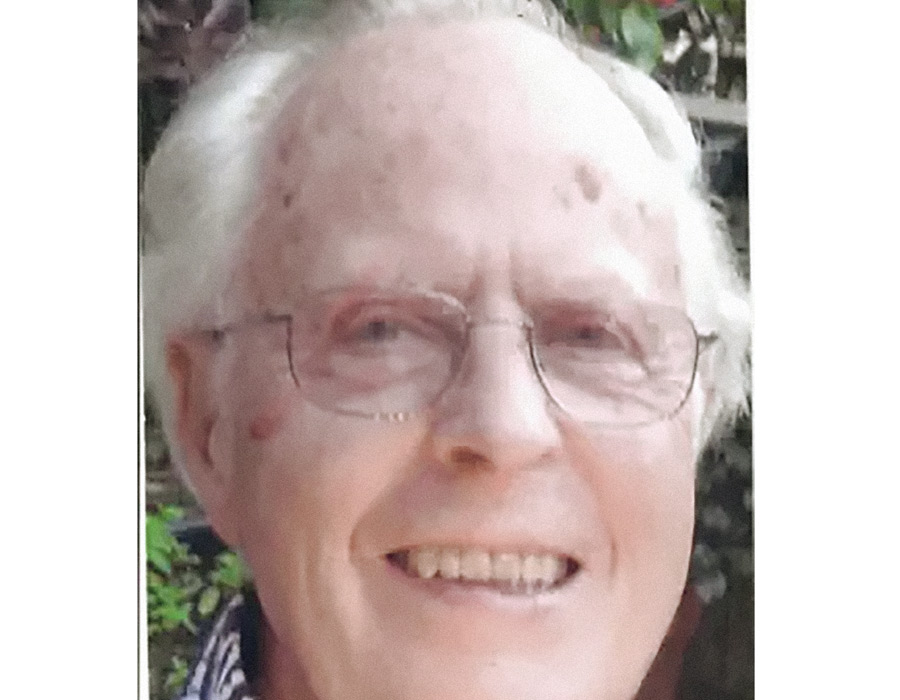
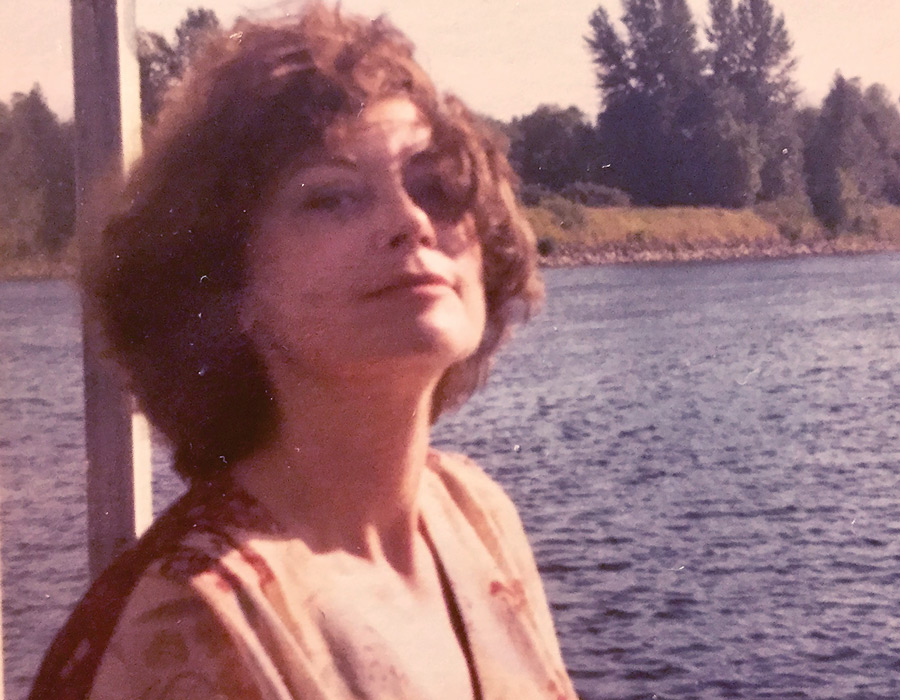
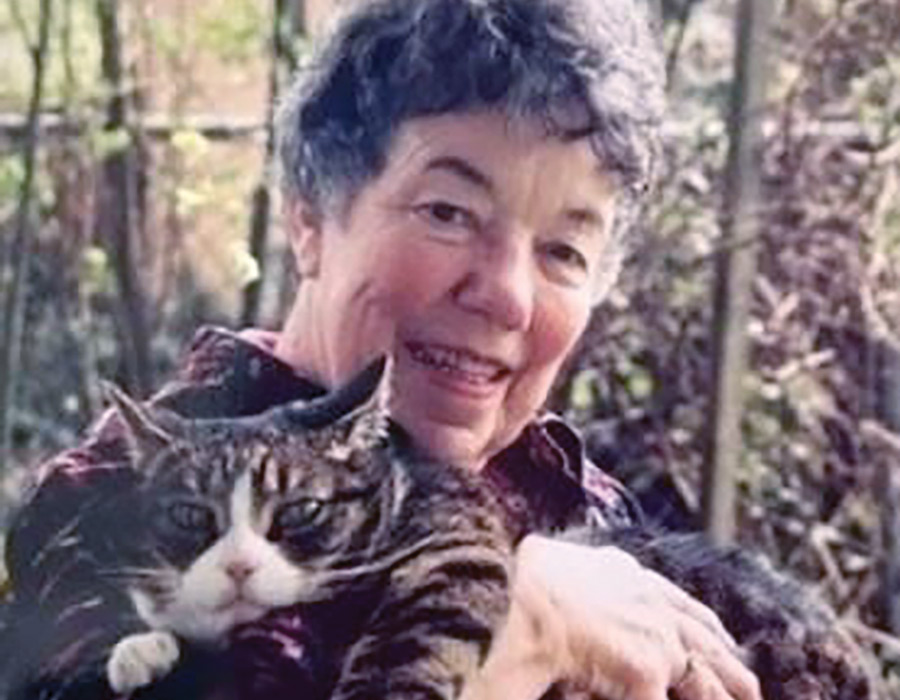
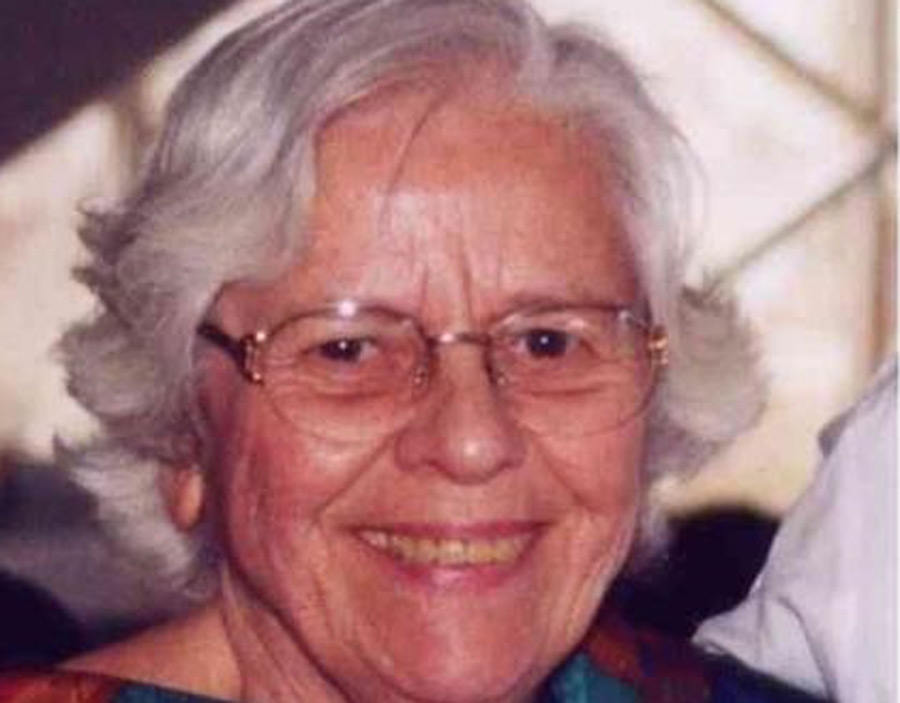
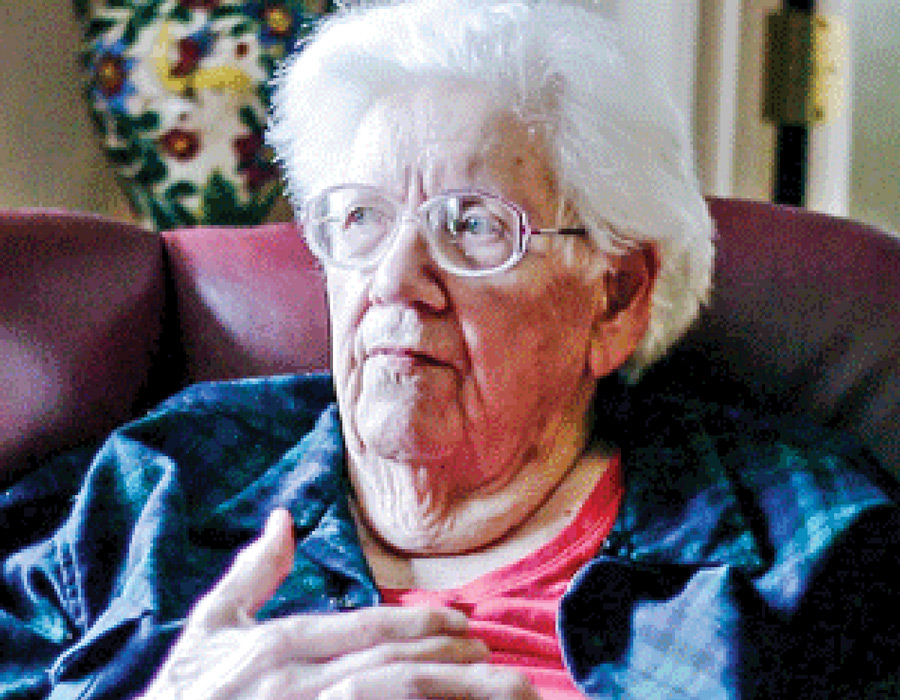
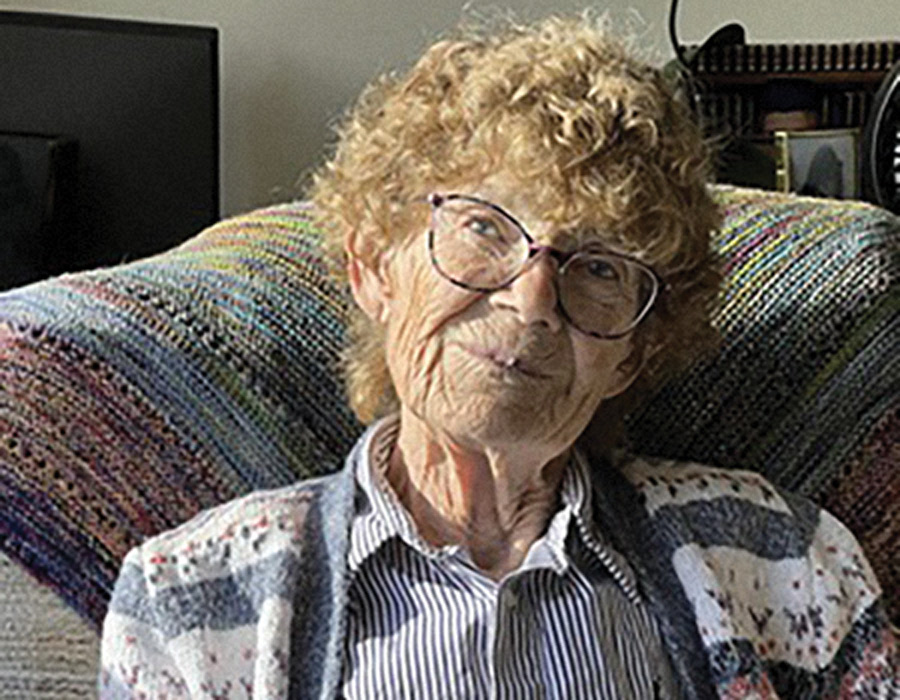
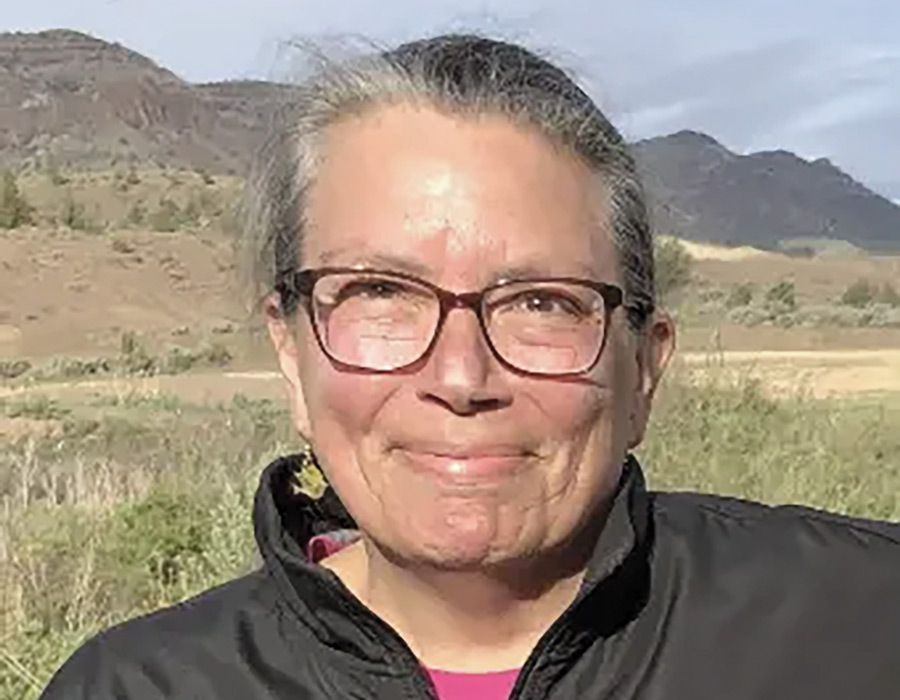
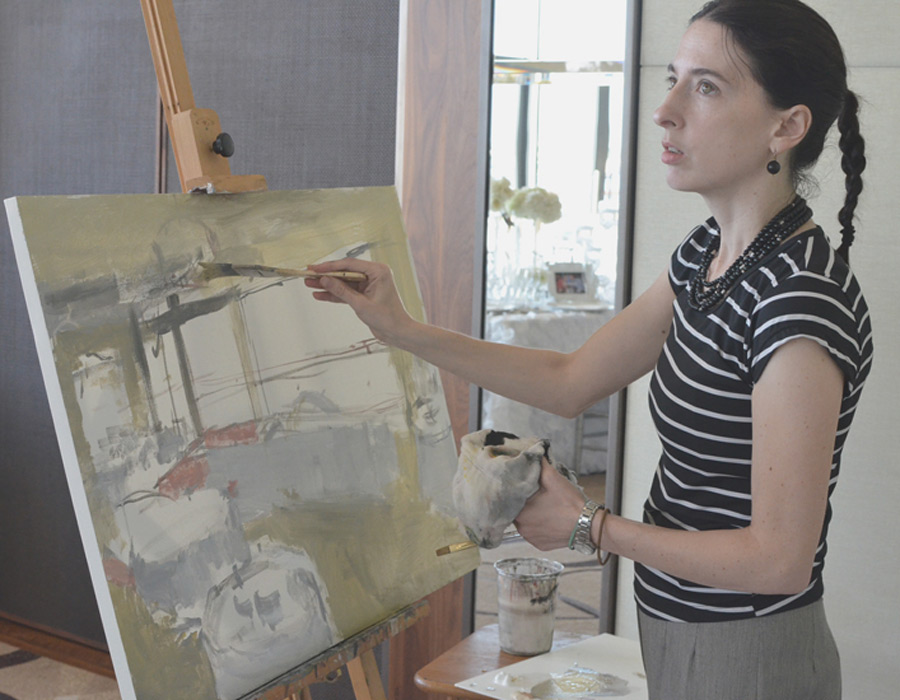
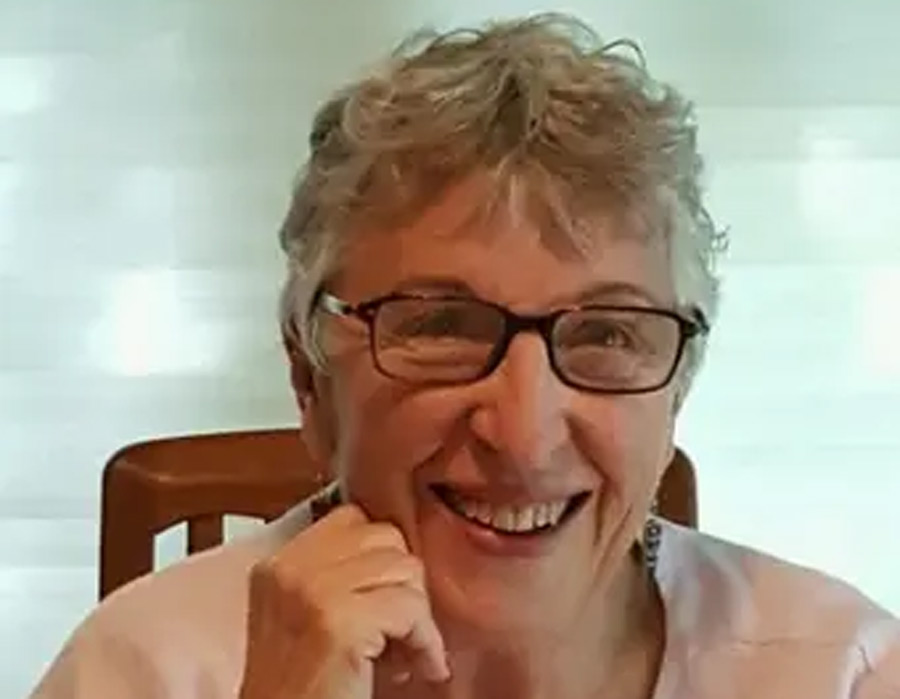
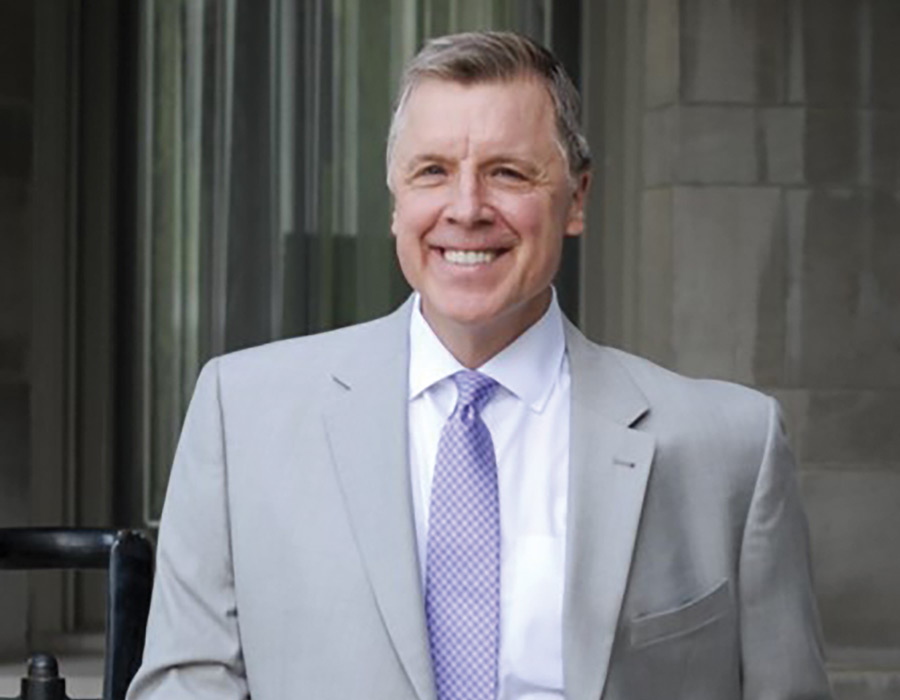
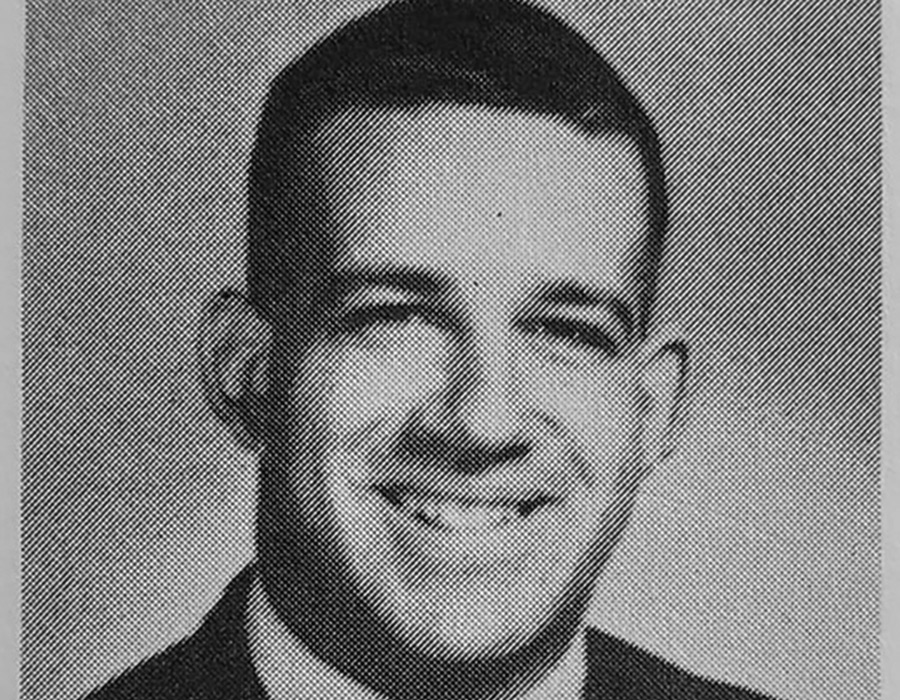
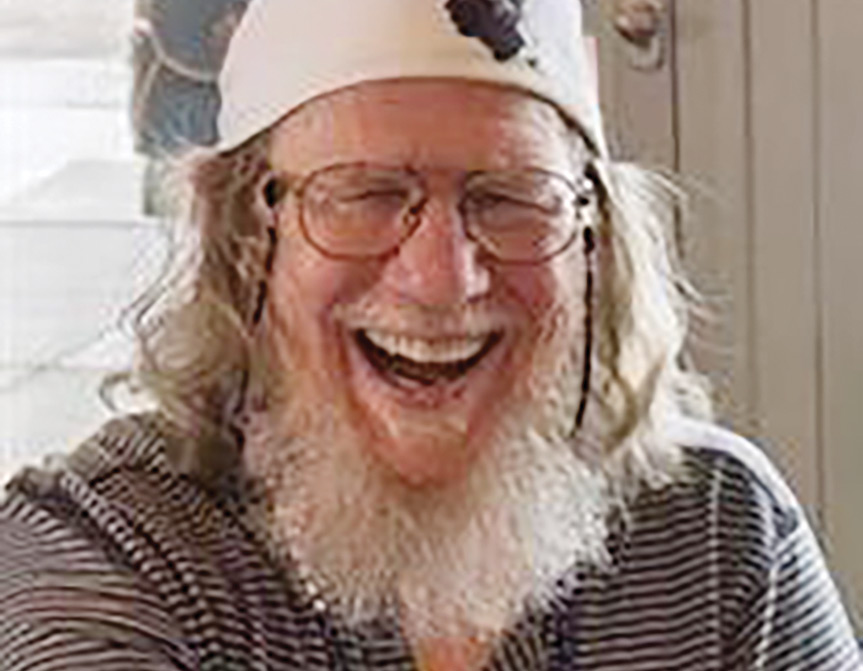
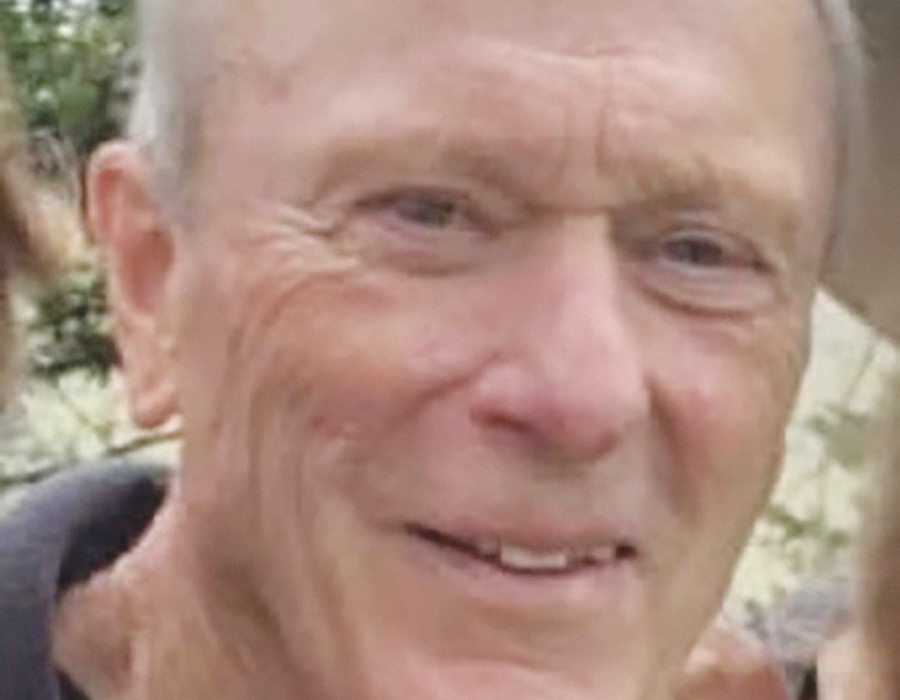
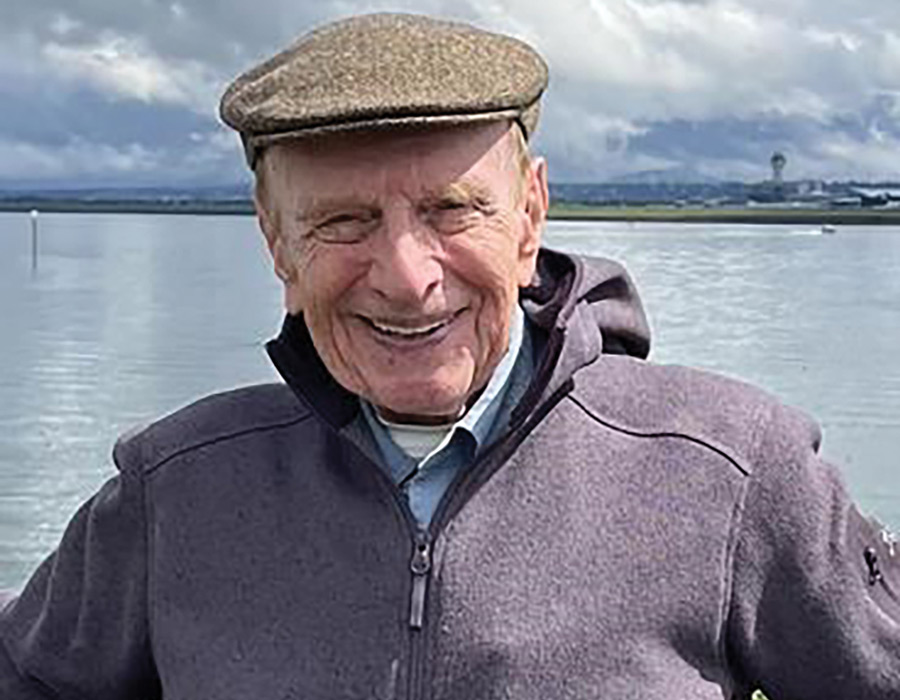
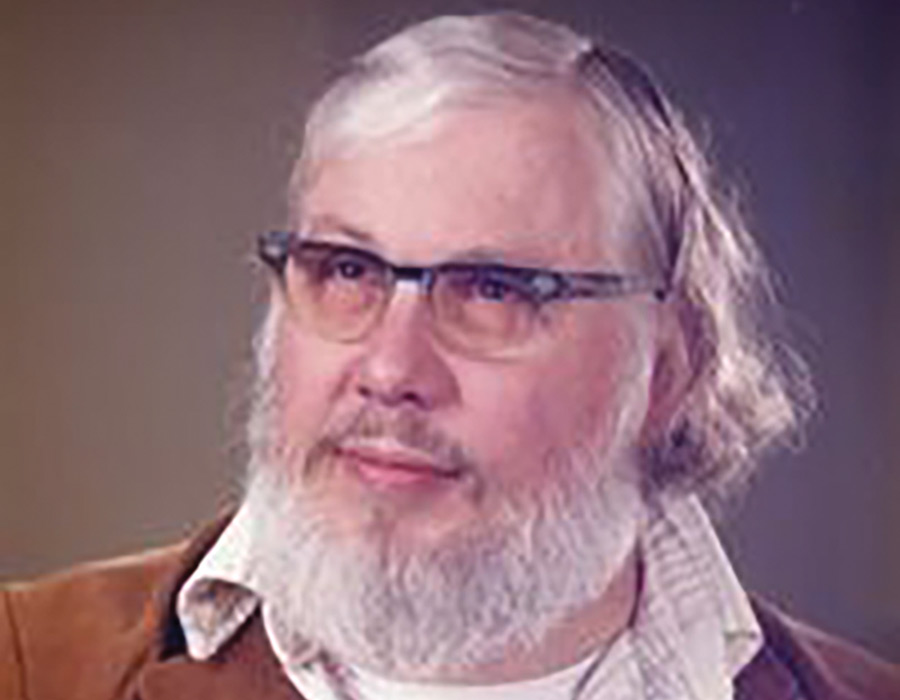
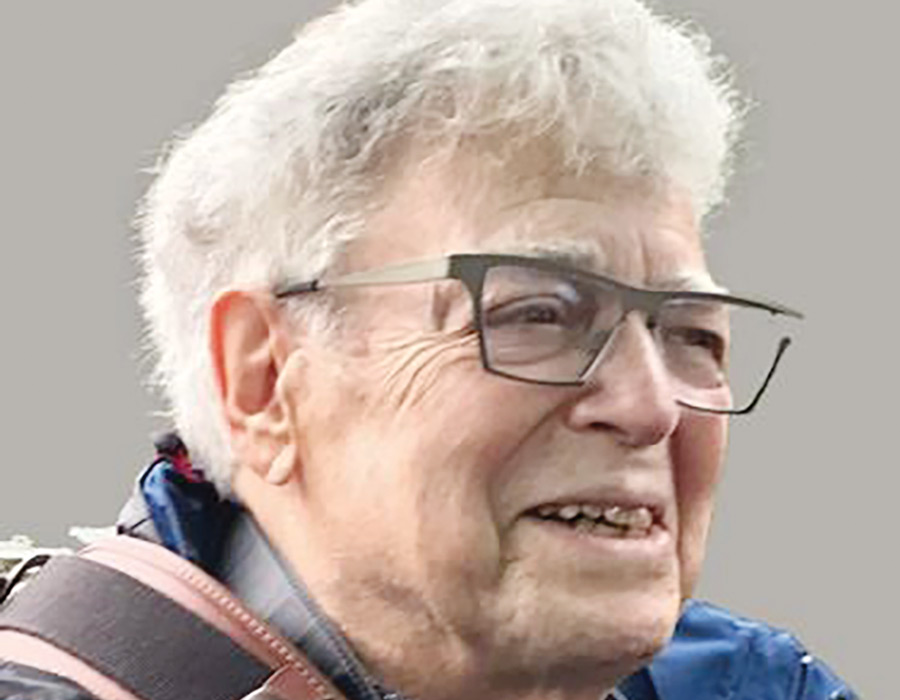
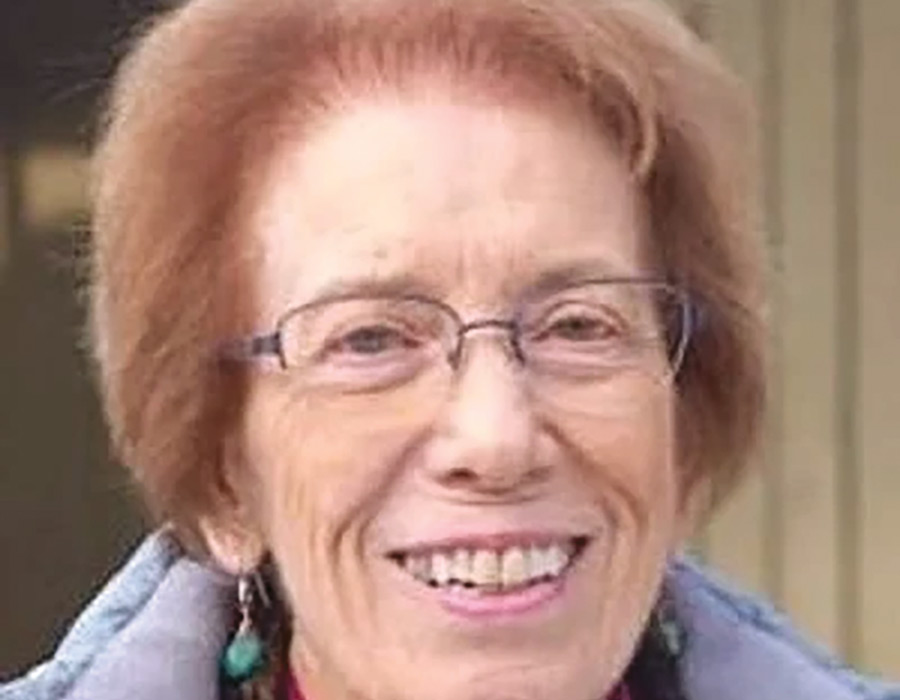
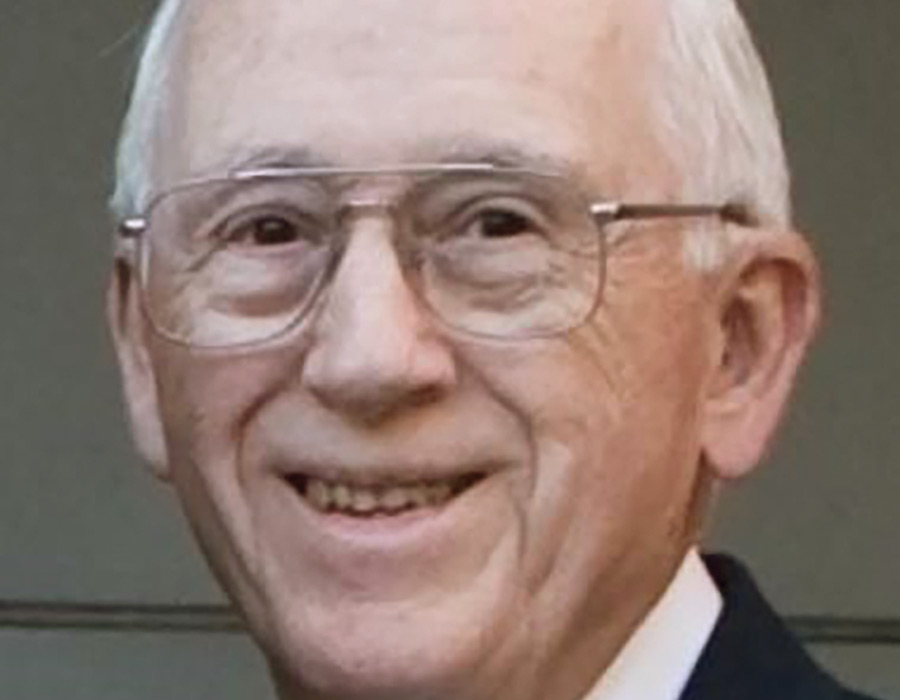
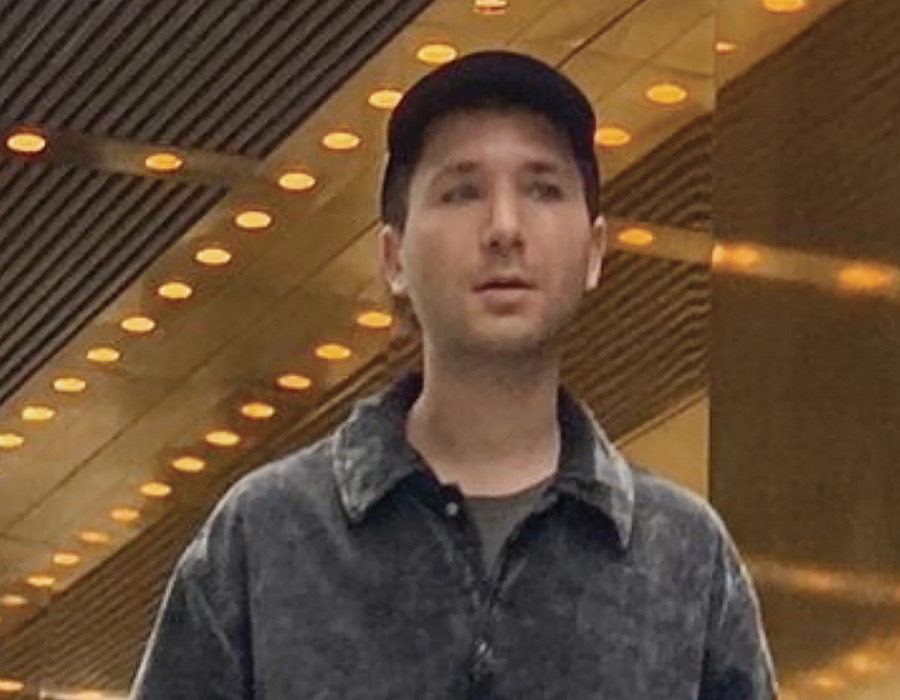
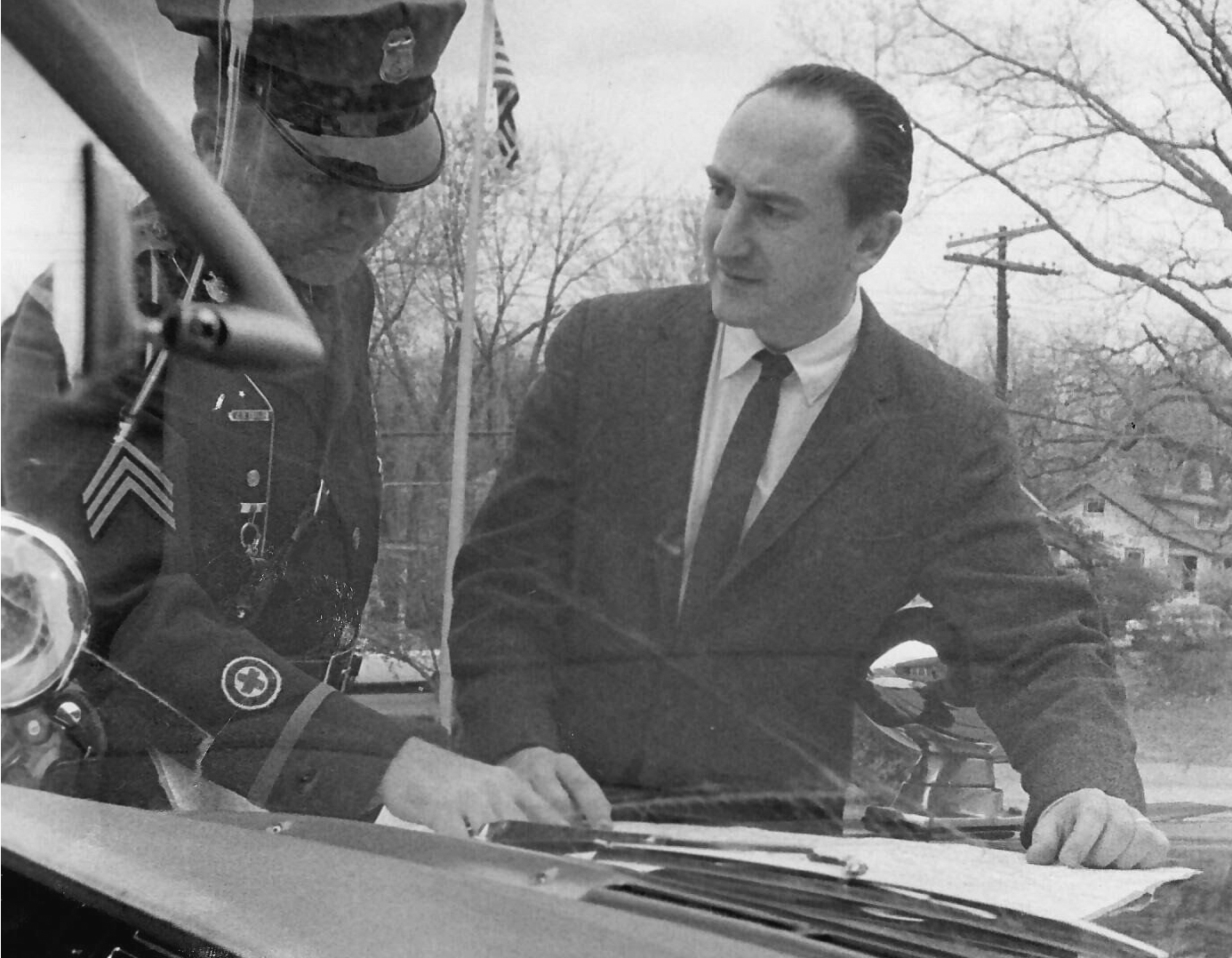
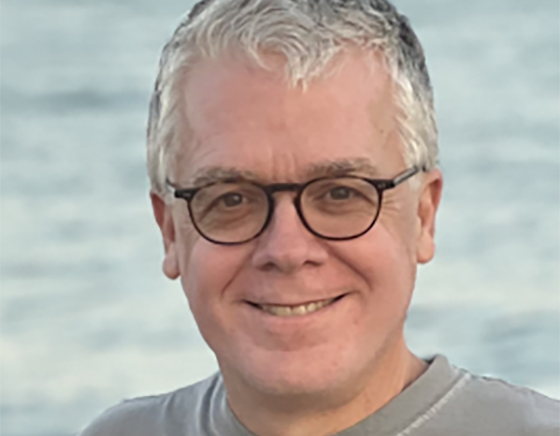
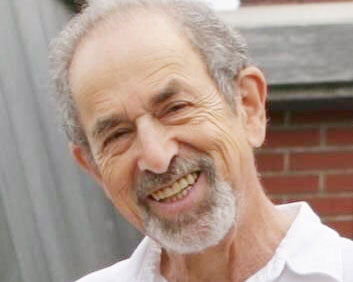
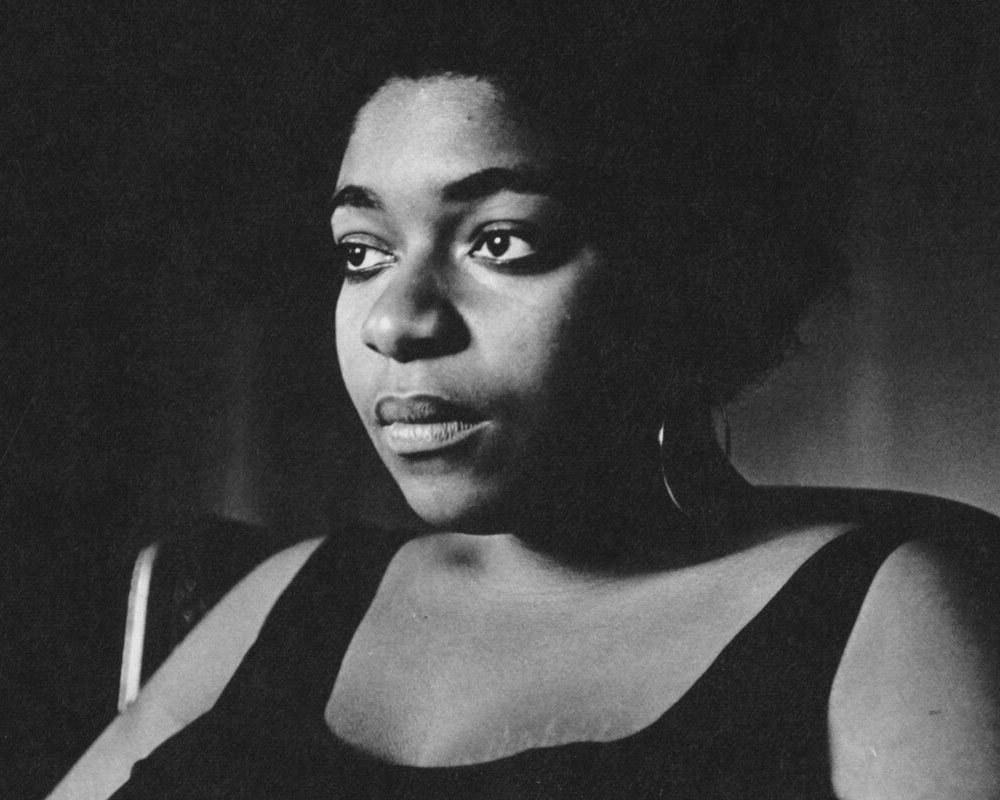


![Photo of Prof. Marvin Levich [philosophy 1953–94]](https://www.reed.edu/reed-magazine/in-memoriam/assets/images/2022/LTL-levich1.jpg)
![Photo of President Paul E. Bragdon [1971–88]](https://www.reed.edu/reed-magazine/in-memoriam/assets/images/2020/Bragdon.jpg)
![Photo of Prof. Edward Barton Segel [history 1973–2011]](https://www.reed.edu/reed-magazine/in-memoriam/assets/images/2020/Segel.jpg)








































































